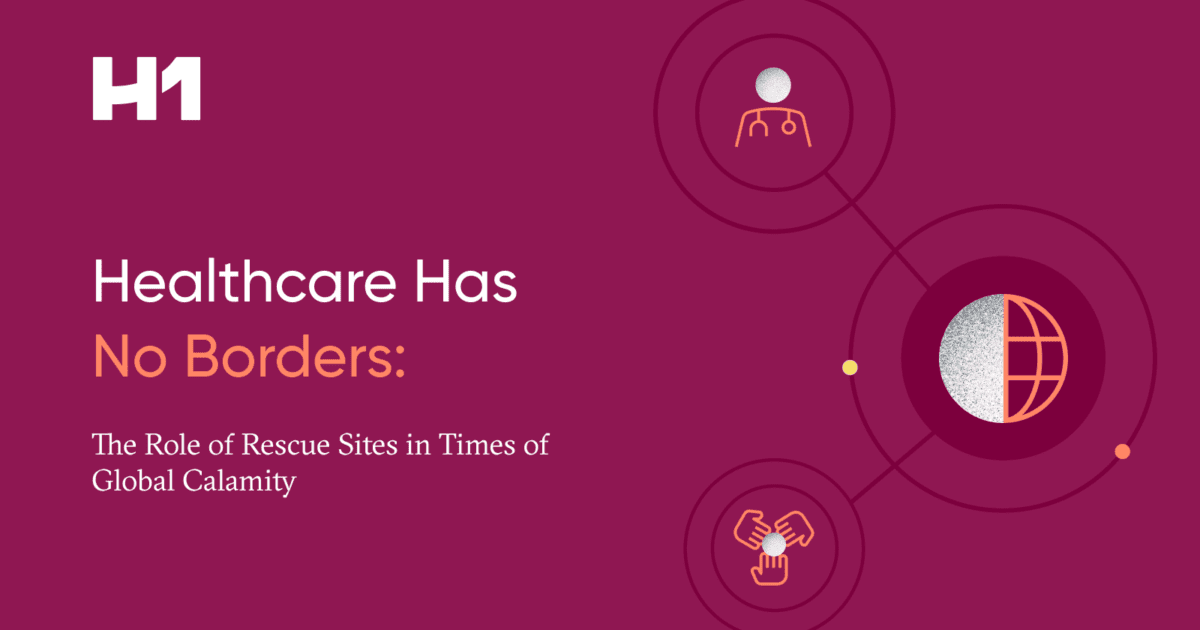
Healthcare Has No Borders: The Role of Rescue Sites in Times of Global Calamity
The invasion of Ukraine by Russia has devastating consequences – for Ukraine, Russia, neighboring countries and the world at large. Thousands have been killed. Mass displacement and economic ruin is affecting millions. And no one knows how long the war will last or how bad the situation will get.
Catastrophes also impact scientific and medical progress, and have a profound impact on all of us. Science and medicine have no borders, but sudden, unanticipated disruptions to medical testing and clinical trials impede progress toward new breakthroughs and new therapies that millions of patients around the world hang their hope on.
Rescue Sites for Times of Global Disruption
Unfortunately, the world is growing more unpredictable and humanity is not sufficiently prepared for clinical trial disruptions. The war in Ukraine is the second major global disruption in two years, the first being the COVID-19 pandemic. Over 1,000 clinical trials across the world faced varying degrees of disruption due to the Covid-19 outbreak. In Ukraine, there were over 570 clinical trials in progress before the invasion. Based on analyses of clinical trial data aggregated in the H1 global healthcare knowledge base, these trials ranged across various disease areas from Phase 1 to Phase 3. Most fell under key disease areas such as immunology, oncology, neuropsychology, cardiovascular, and pulmonology.
According to the Food and Drug Administration, over 250 drugs and devices are currently being tested in clinical trials that have at least one testing site in Ukraine. This includes 11 locations for Merck’s Phase-3 trial of Keytruda, an antibody used in cancer immunotherapy; six Regeneron sites where it is testing Libtayo, a non-small cell lung cancer treatment, in combination with doublet chemotherapy; 10 trial sites for Karuna Therapeutics’ EMERGENT-3, a Phase-3 schizophrenia study; and 27 sites where GlaxoSmithKline has its phase 3 study of Otilimab in patients with rheumatoid arthritis. Other companies with clinical trials operating in the region include Biogen, Incyte, Gilead, Galapagos, PTC Therapeutics and Sarepta.
The disruption to these trials has ripple effects not just for Ukraine but for the entire global healthcare ecosystem and millions of patients and their families around the world. Ukraine and many neighboring countries are relying on these clinical trials to bring new and improved medicine, treatments and technology to healthcare. It is clearer than ever that we need a new, agile response to global clinical trial disruptions to preserve progress, ensure continuity and provide patients with the treatments they depend on.
Expecting the Unexpected
We need to learn our lesson from COVID-19 and the Ukraine invasion and build resilience and agility into every single clinical trial process. Organizations conducting clinical trials must have access to rescue sites where they can continue their work in the event of disruption, and they must have the necessary information about where to find them at their fingertips.
As a global company that supports global efforts to bring groundbreaking research and medicine to the masses, we turned our lens inwards to understand the impact current events can have on clinical trials and, more importantly, the patients on the other end of these efforts. H1 has made significant efforts in mapping out the locations and documenting the details of clinical trial sites across the globe, as we know this is increasingly critical information for doctors, patients and medical science.
When trials are suddenly interrupted, organizations can search for rescue sites based on unique criteria to find those that meet their needs and continue the trials as soon as possible. Key opinion leaders in specific regions can be identified and reached, and can in turn communicate with patients. Participants in studies can continuously monitor developments and plan accordingly.
Access to this invaluable information enables the global healthcare community to work together in ensuring companies, doctors and patients can continue their life-impacting clinical studies in the face of sudden and unanticipated disruptions, and patients can find suitable alternatives to continue getting access to their treatments.
Only by working together can we as an industry jointly combat the disruption and mounting barriers we are facing.
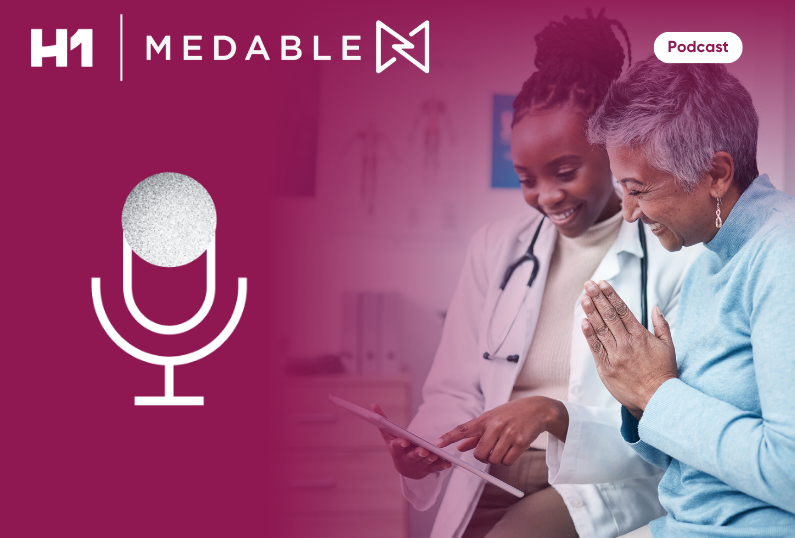
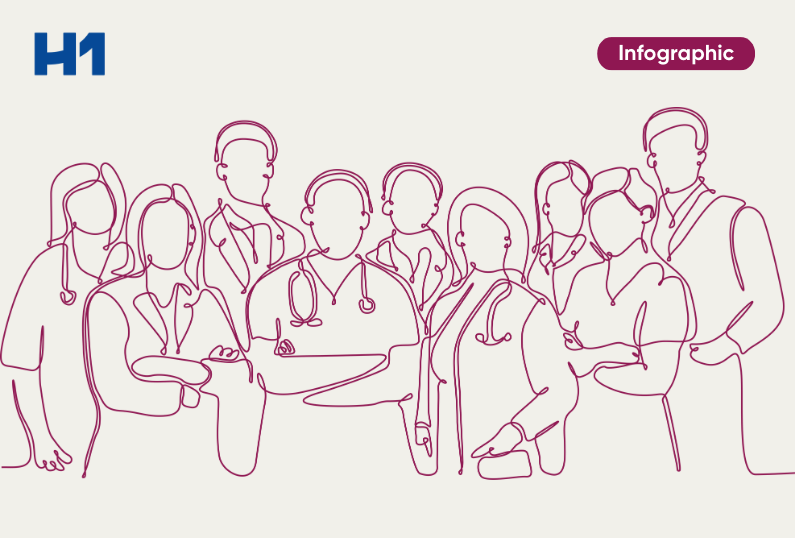
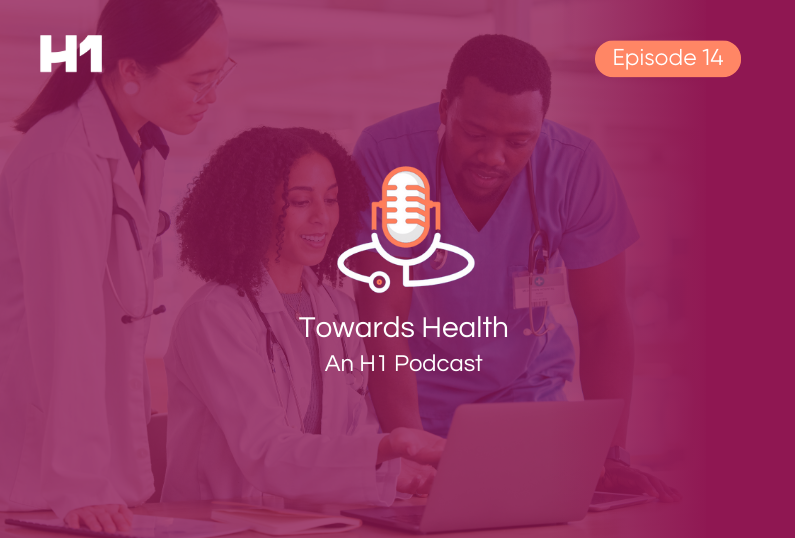
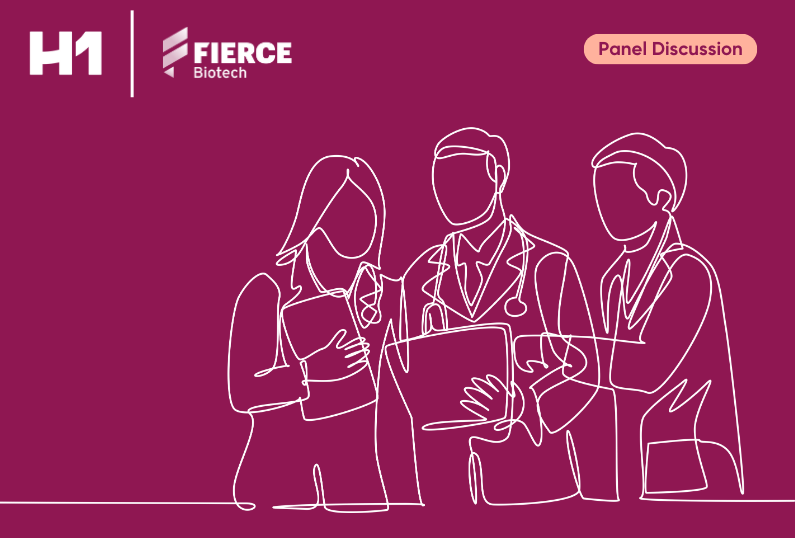
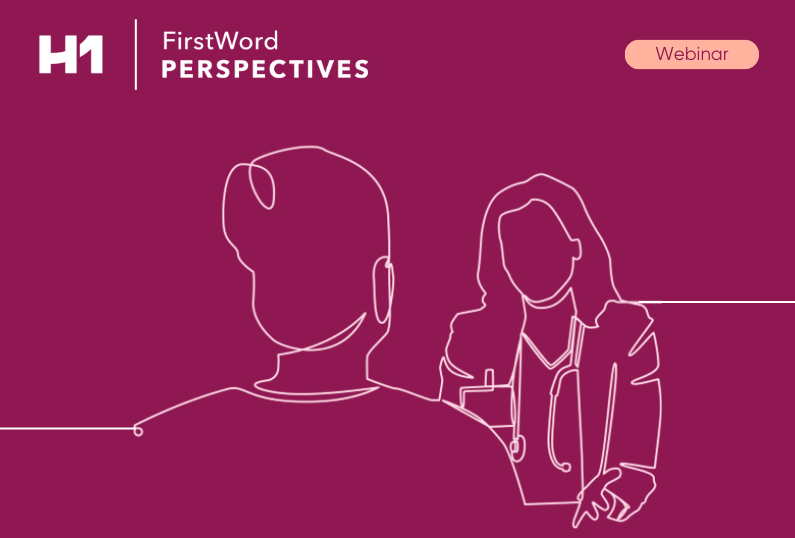
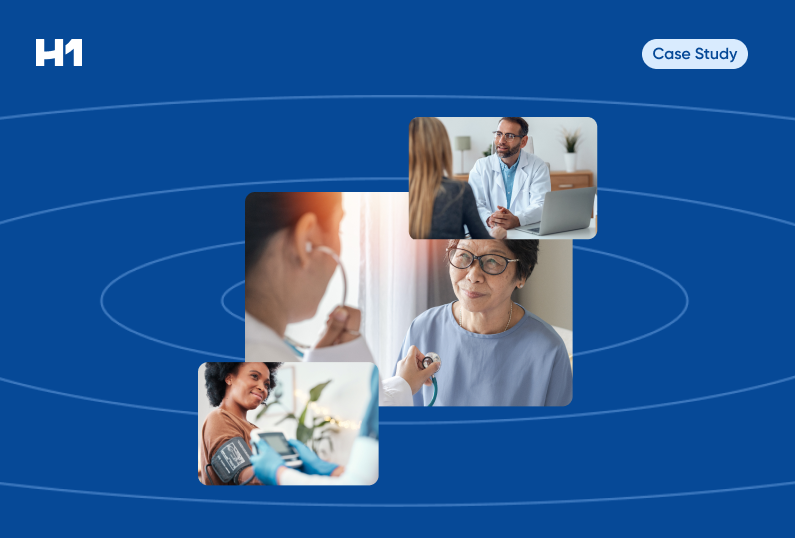




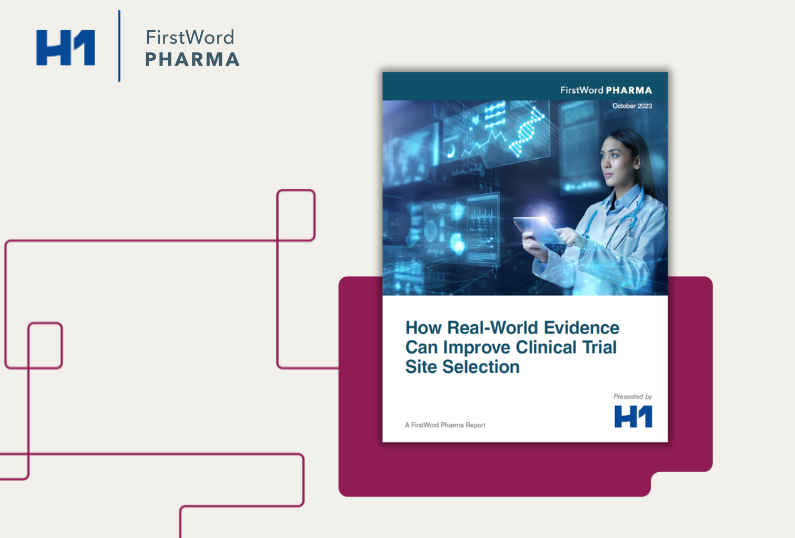






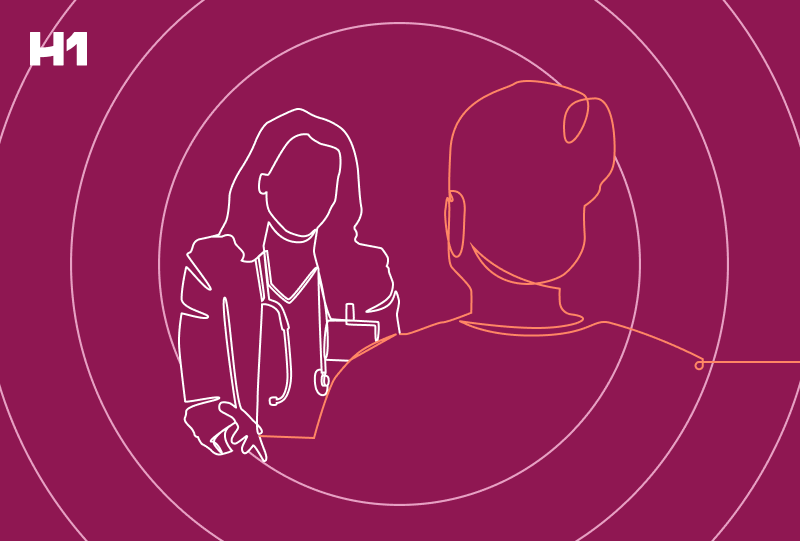
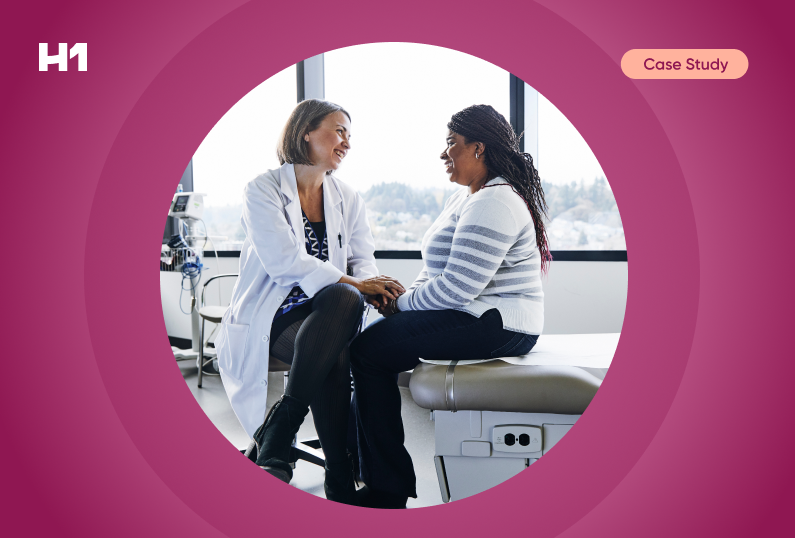
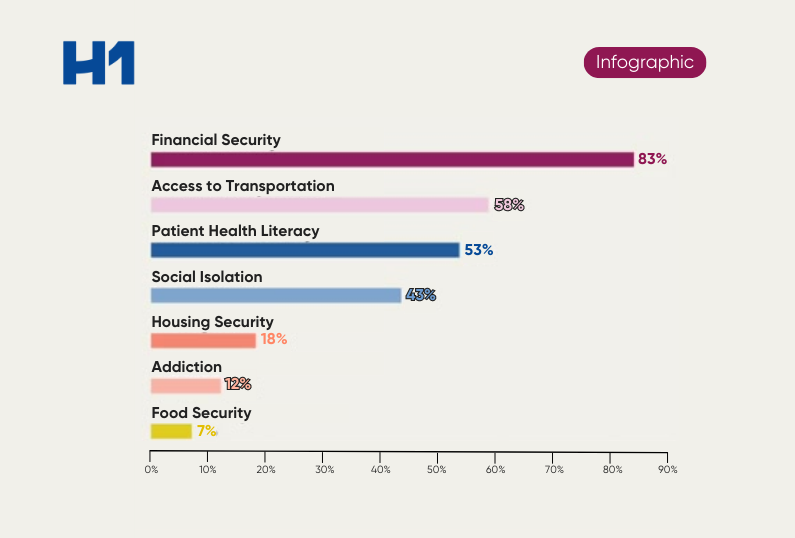


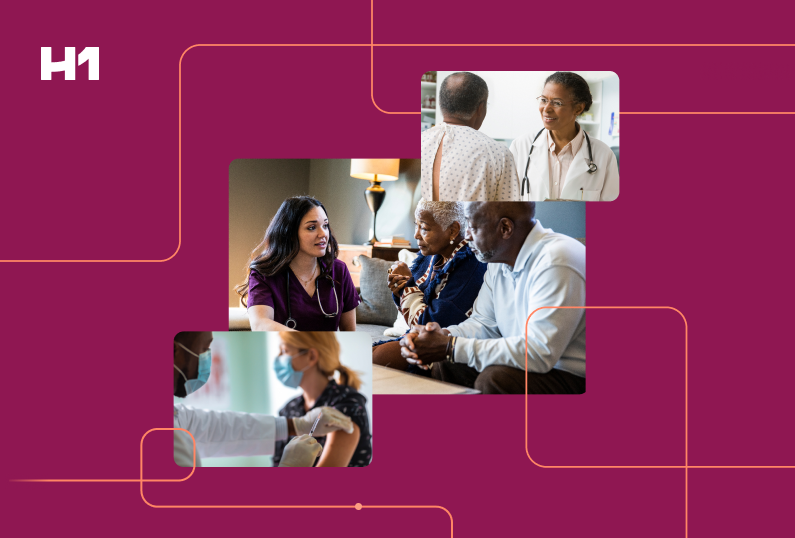
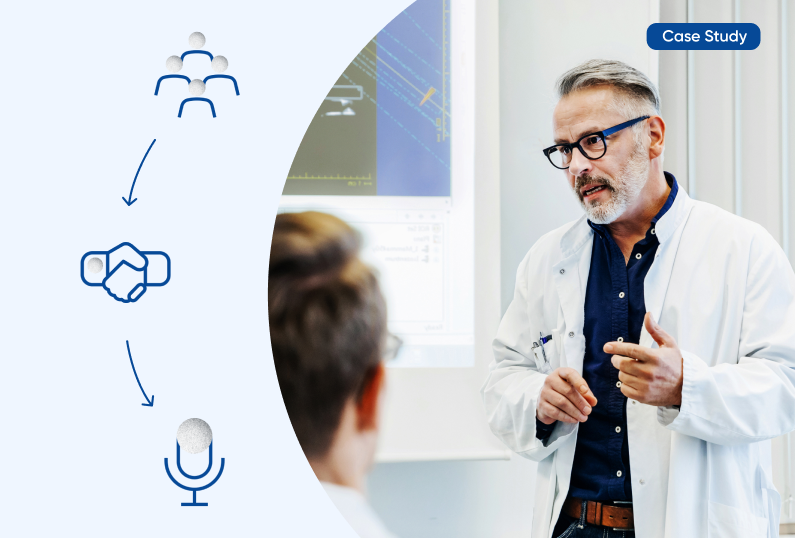
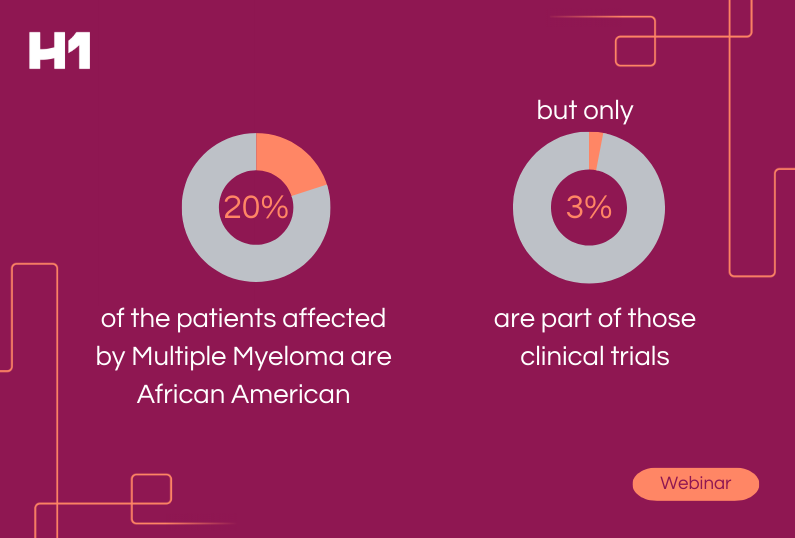
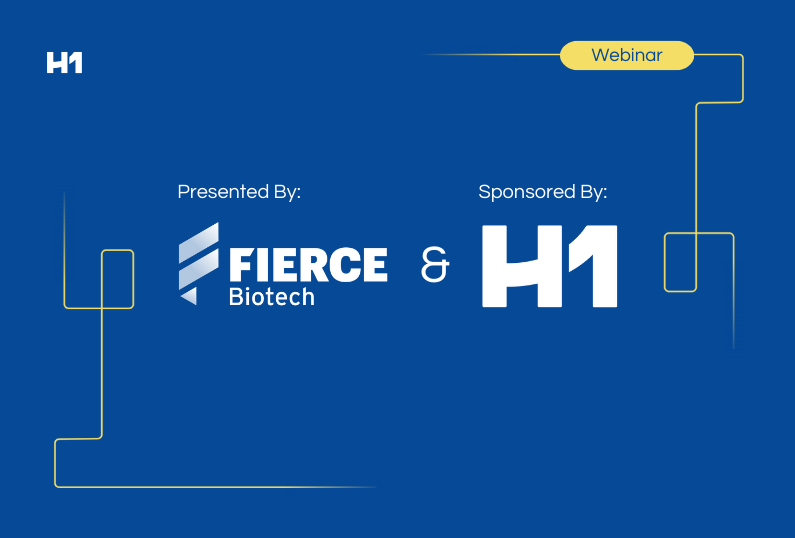
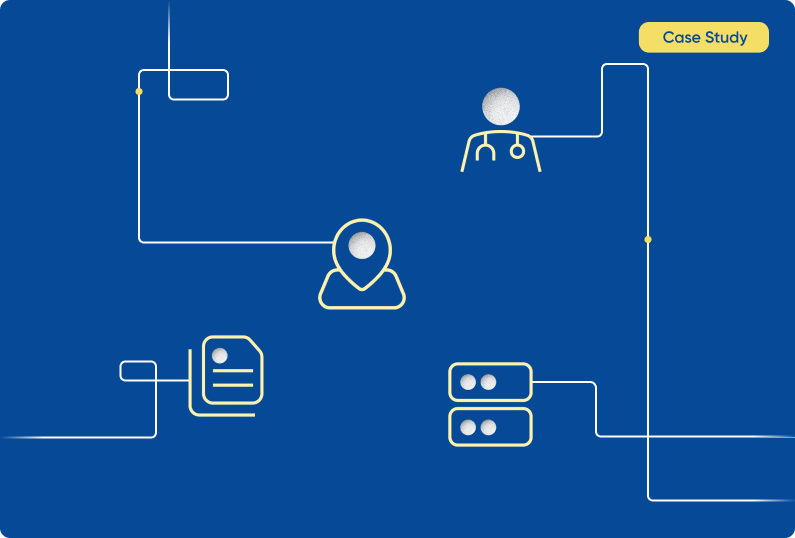



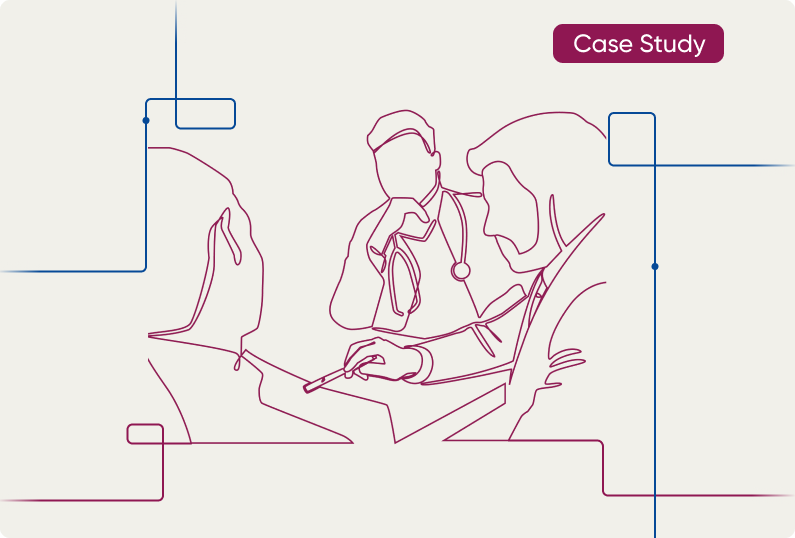

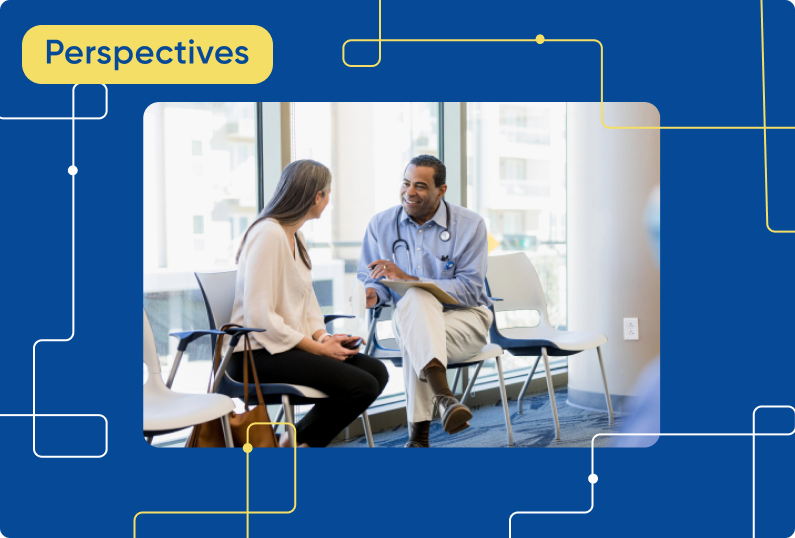
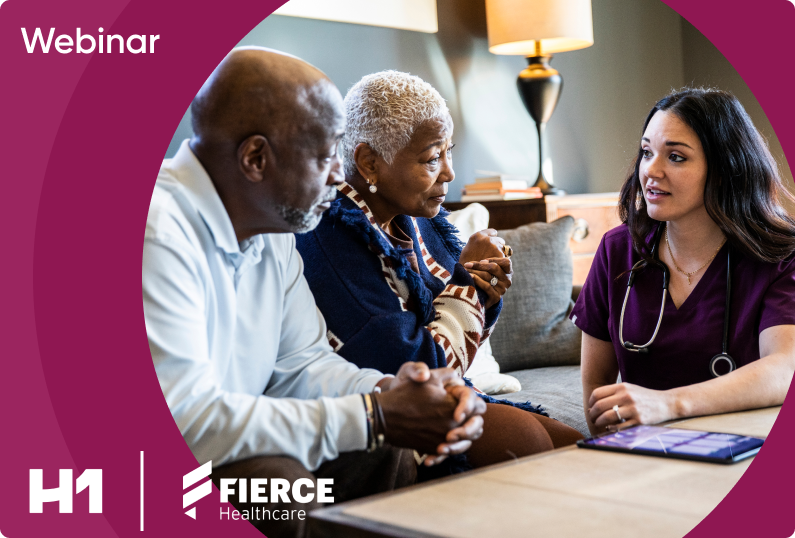
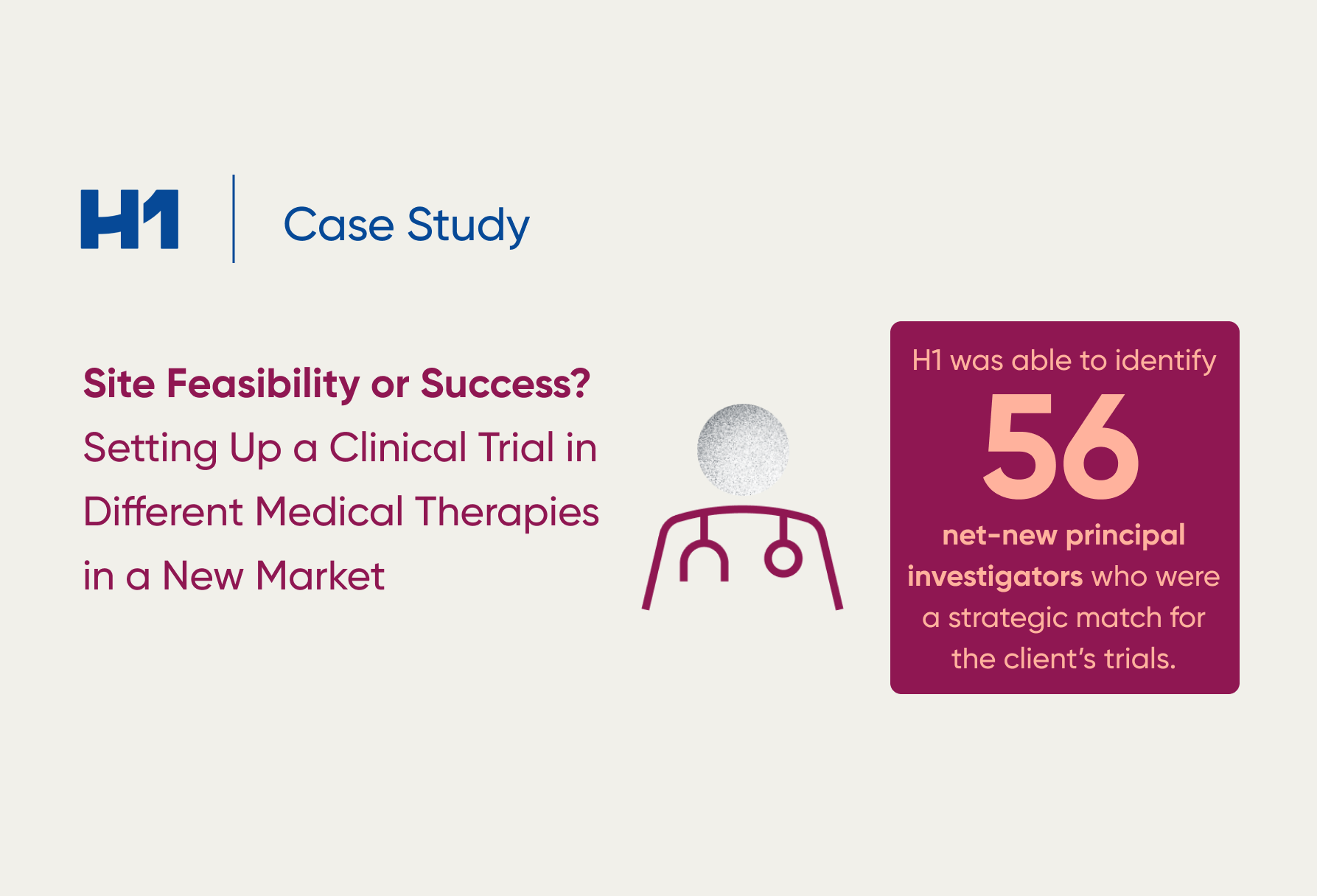

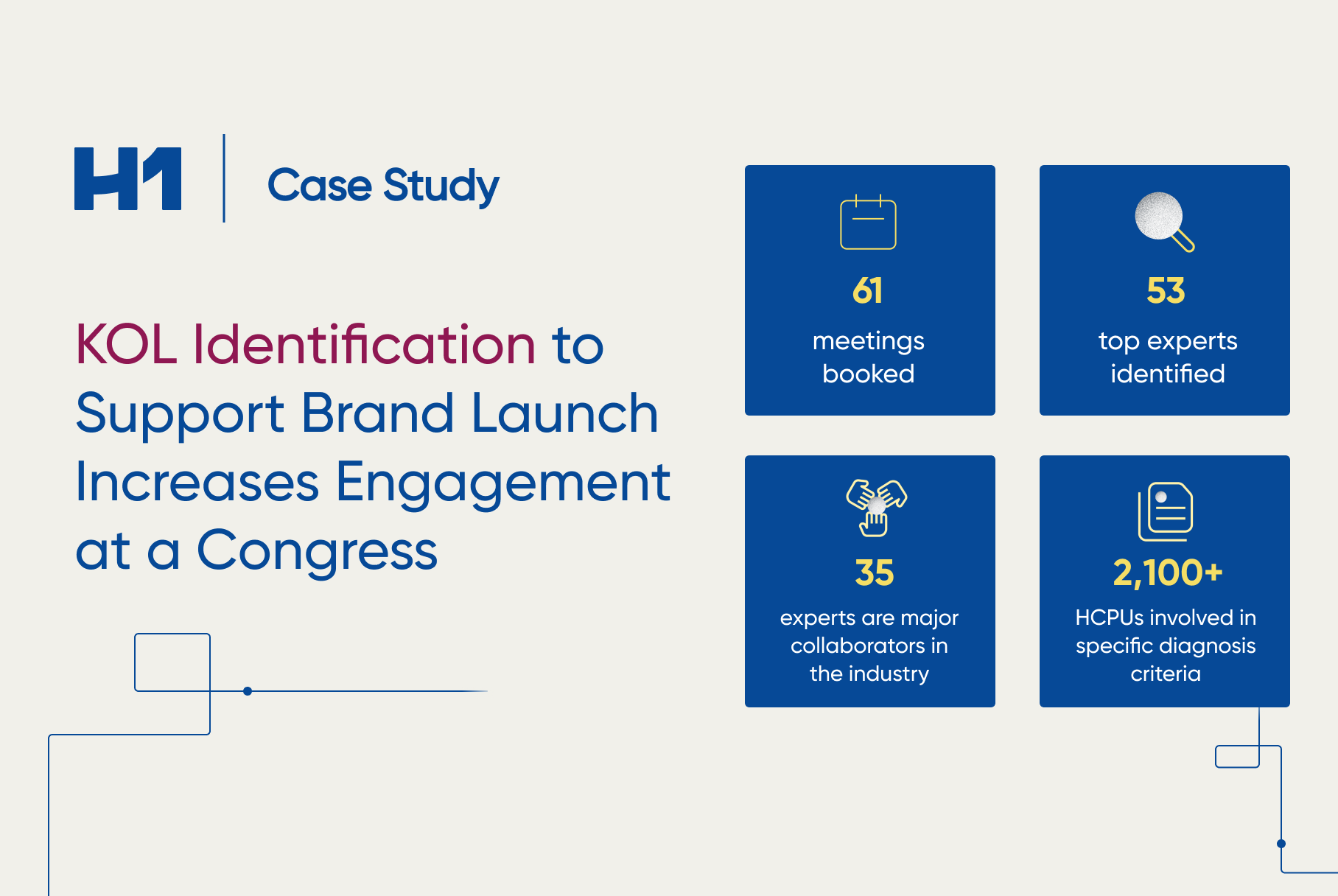
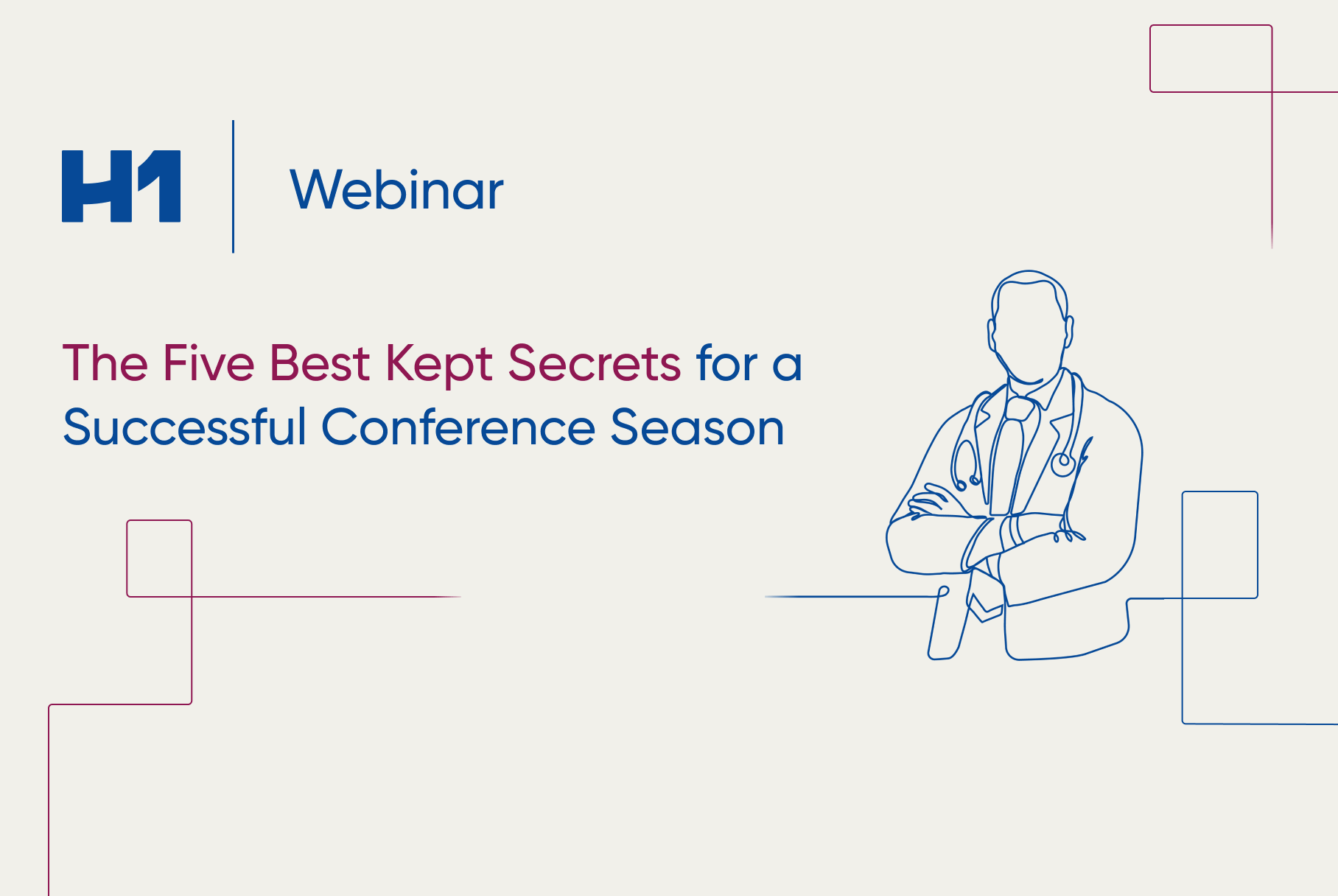
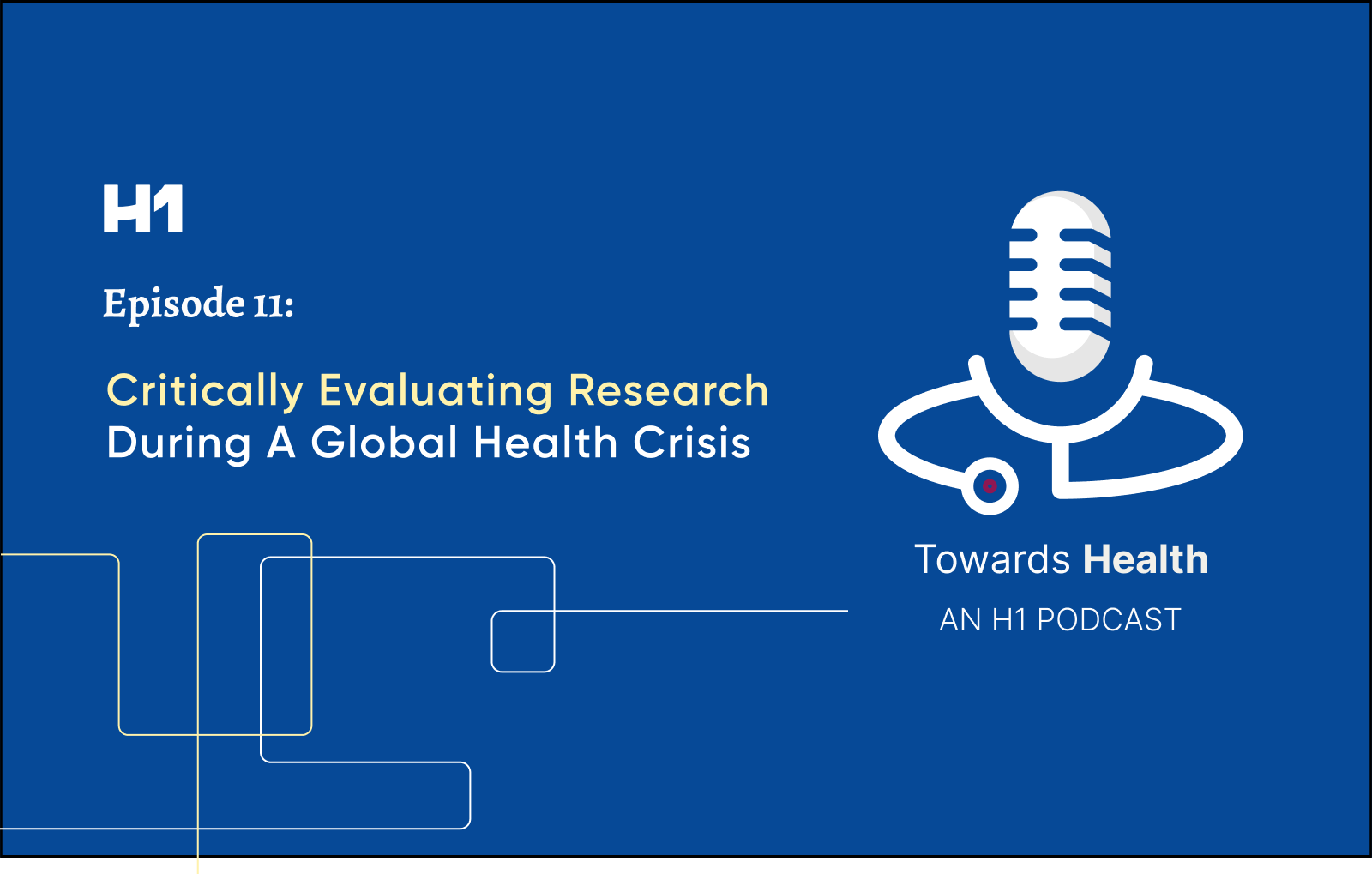
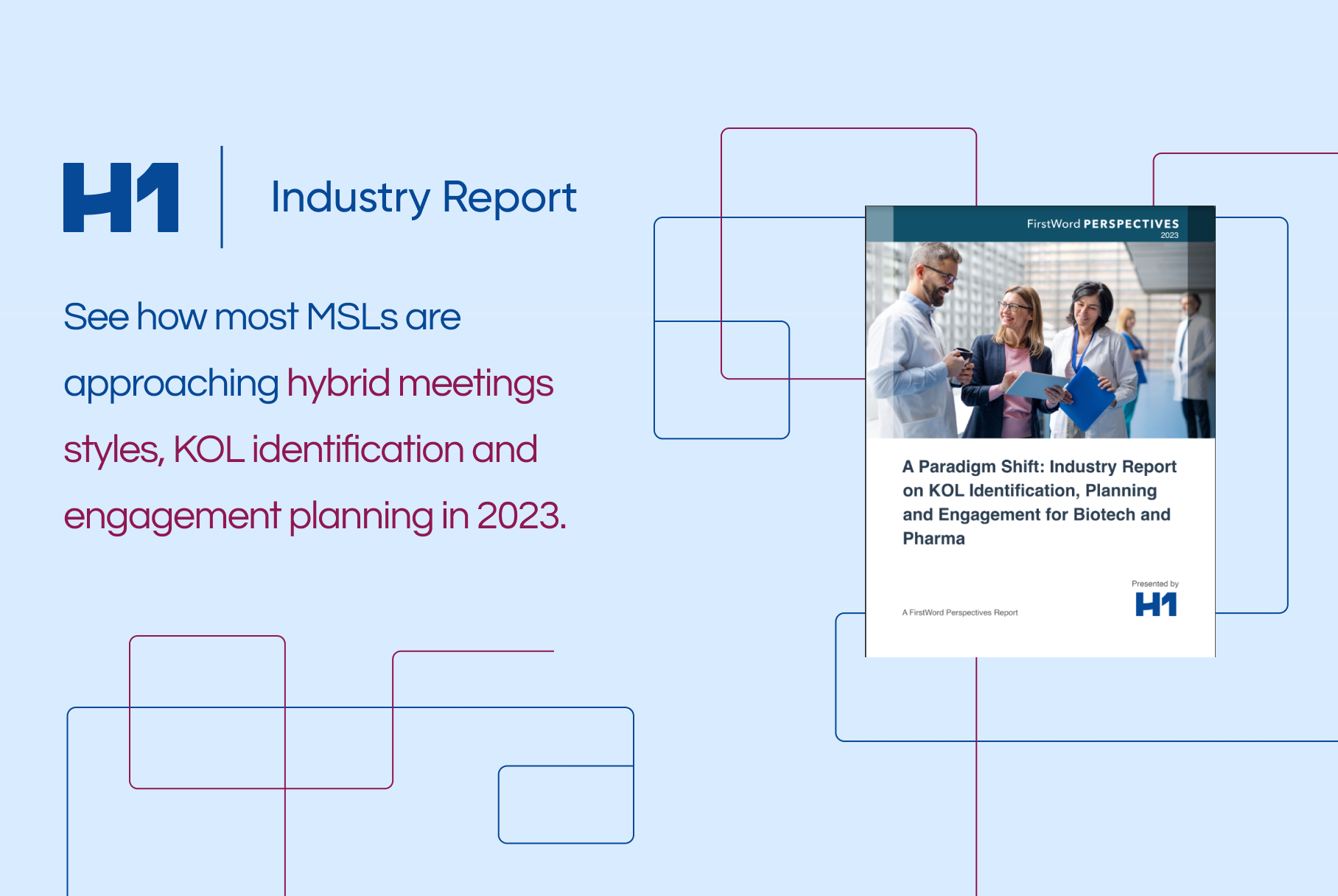
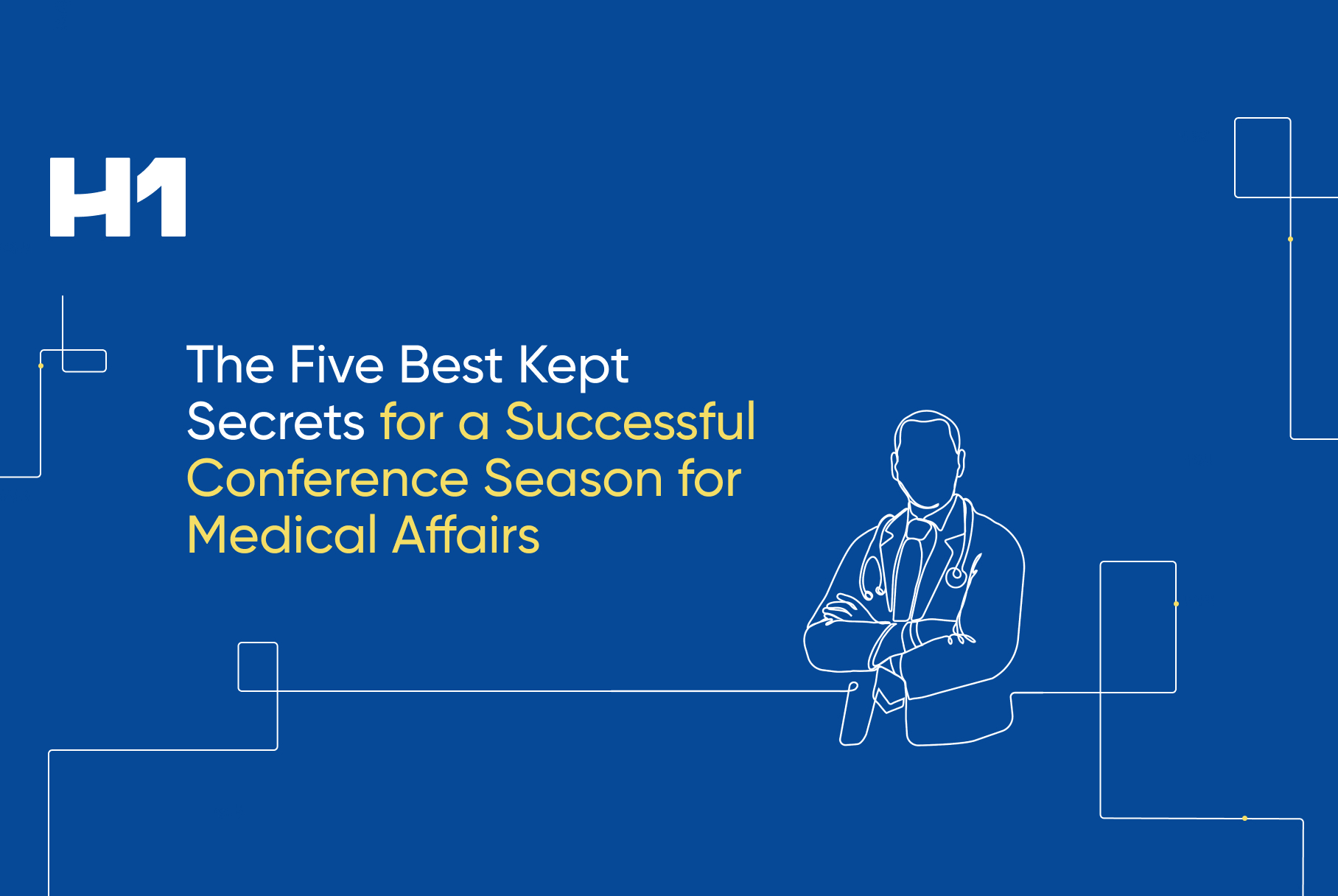
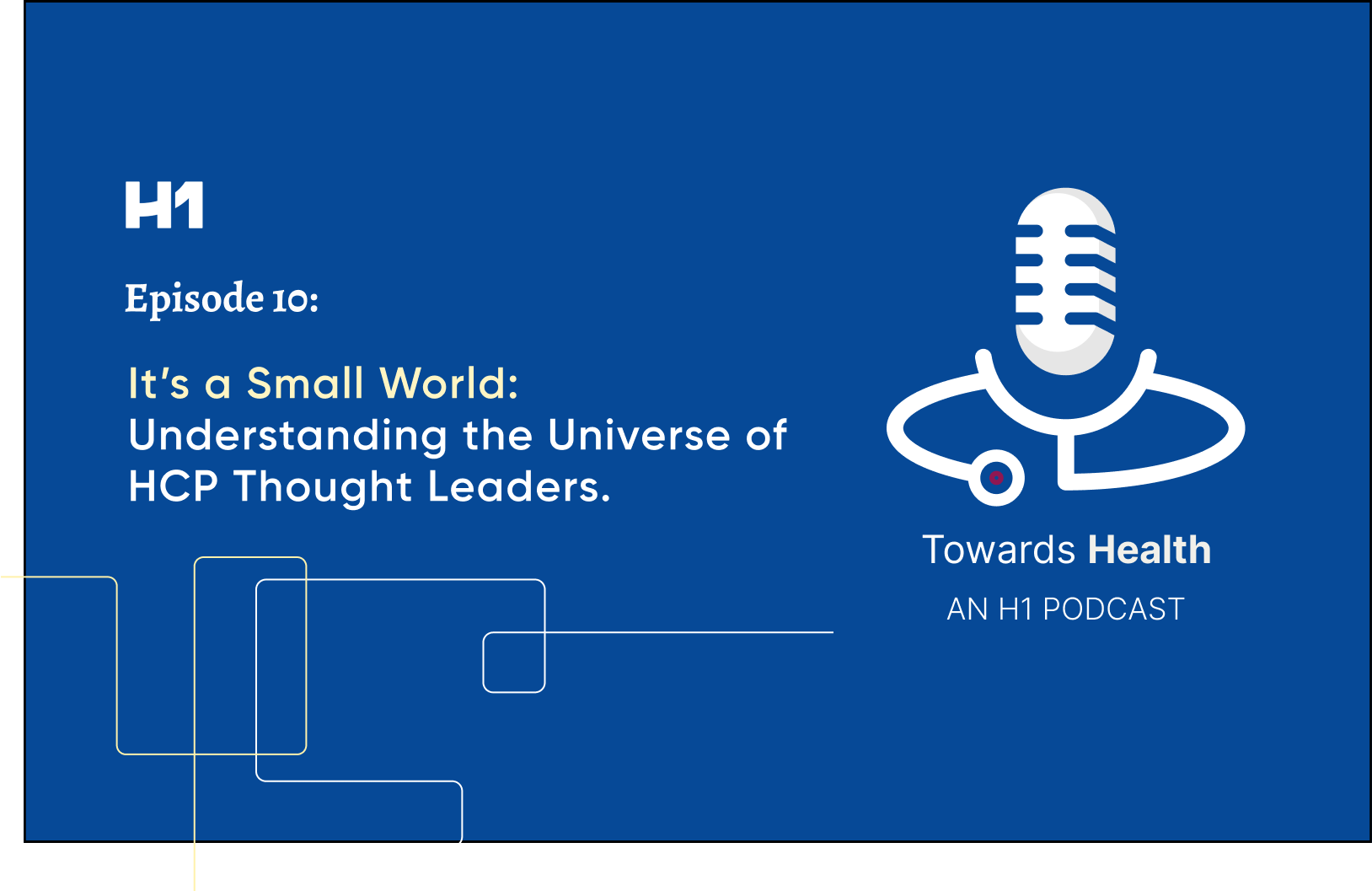
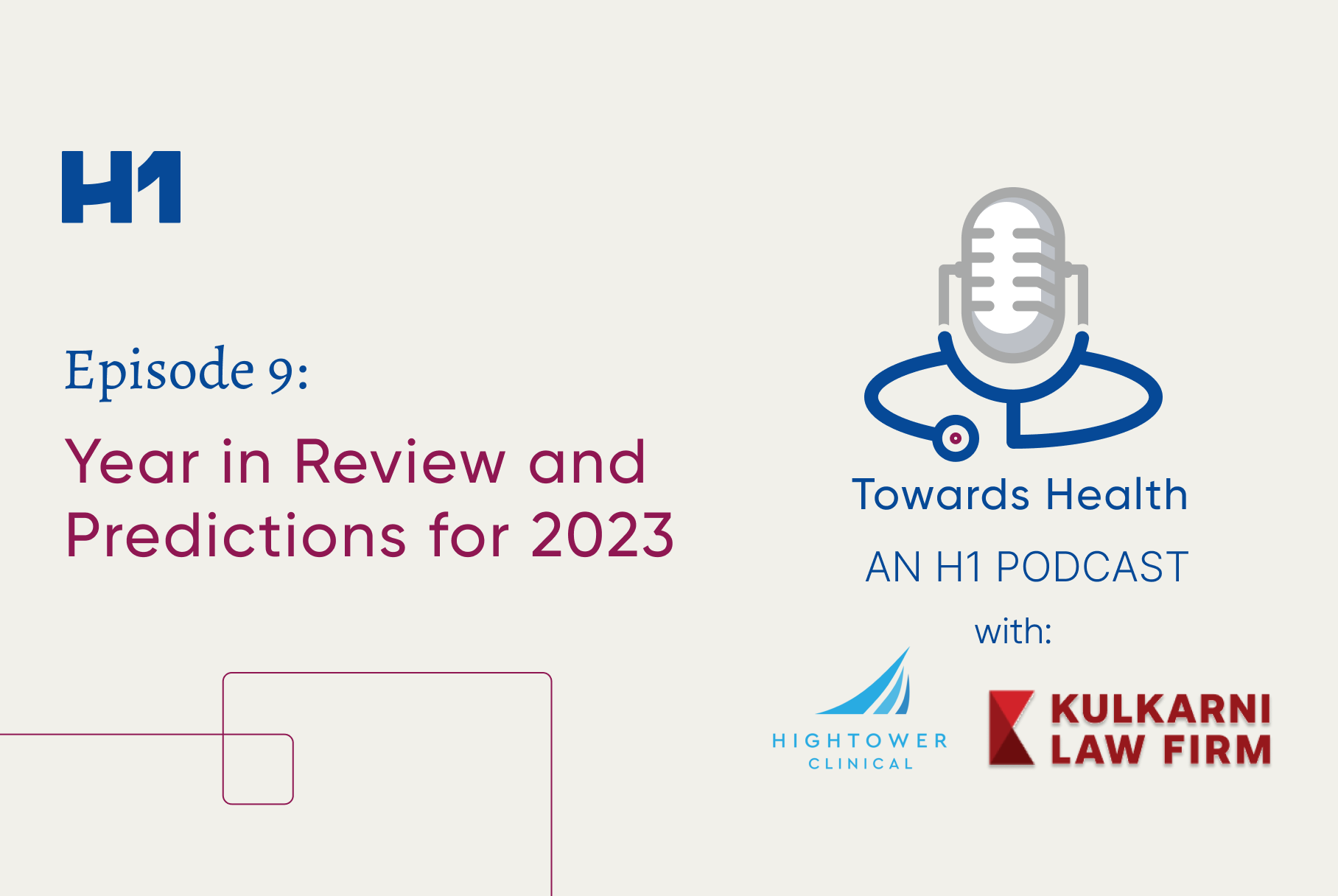
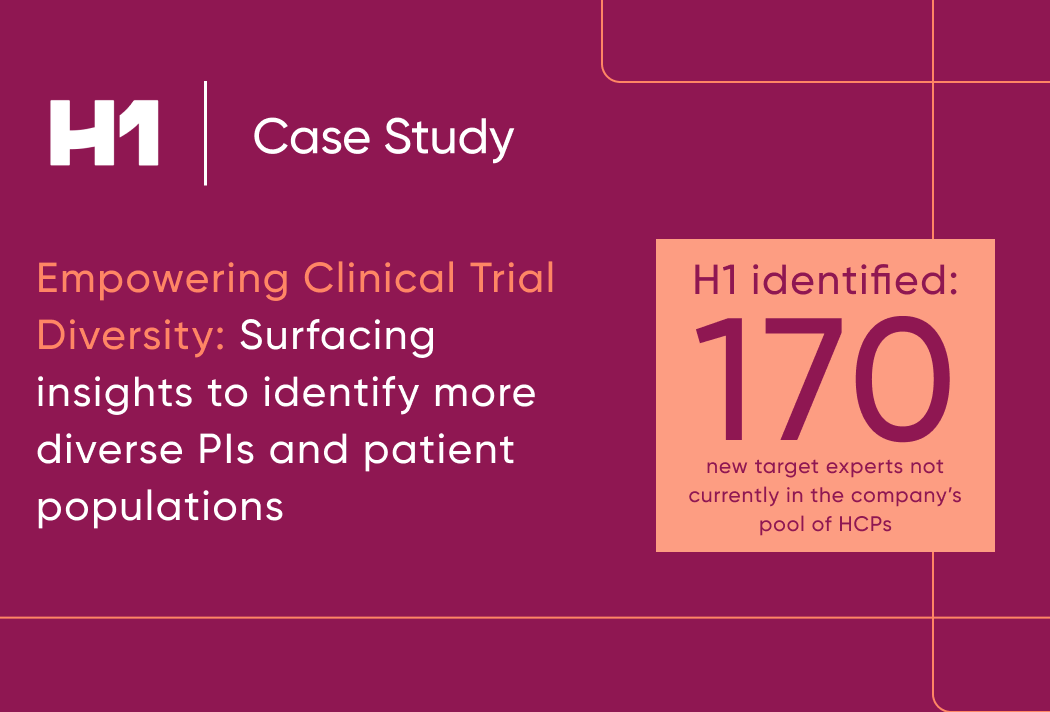
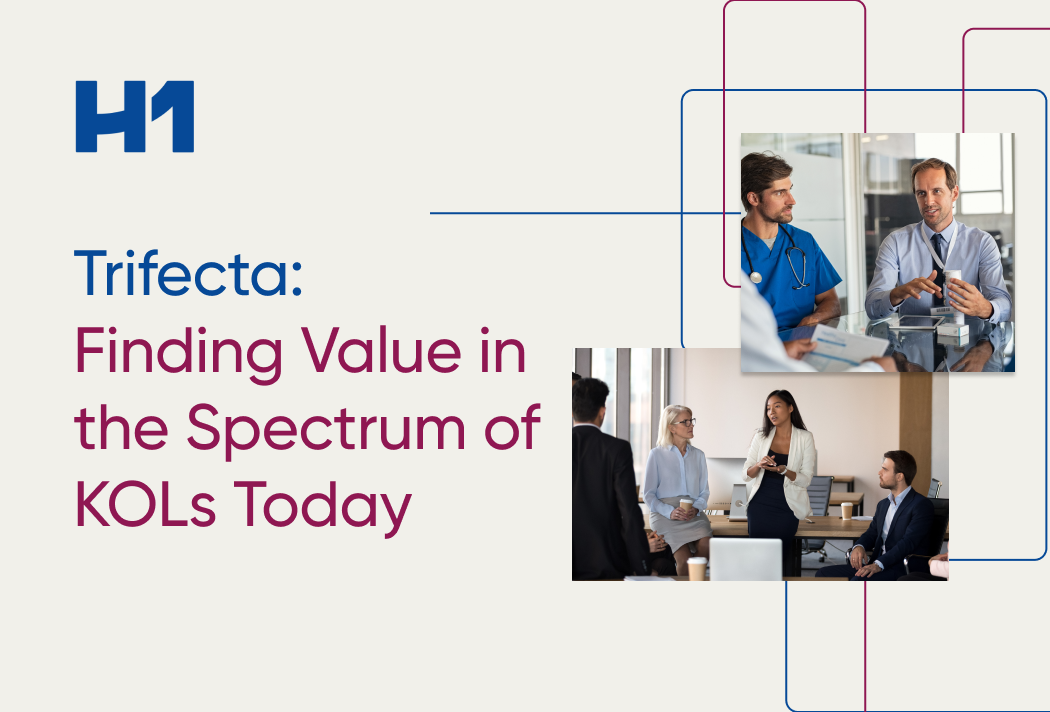
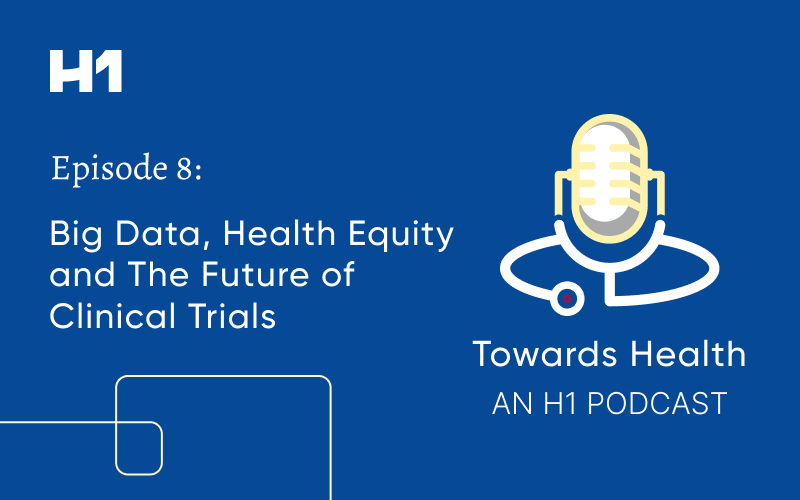
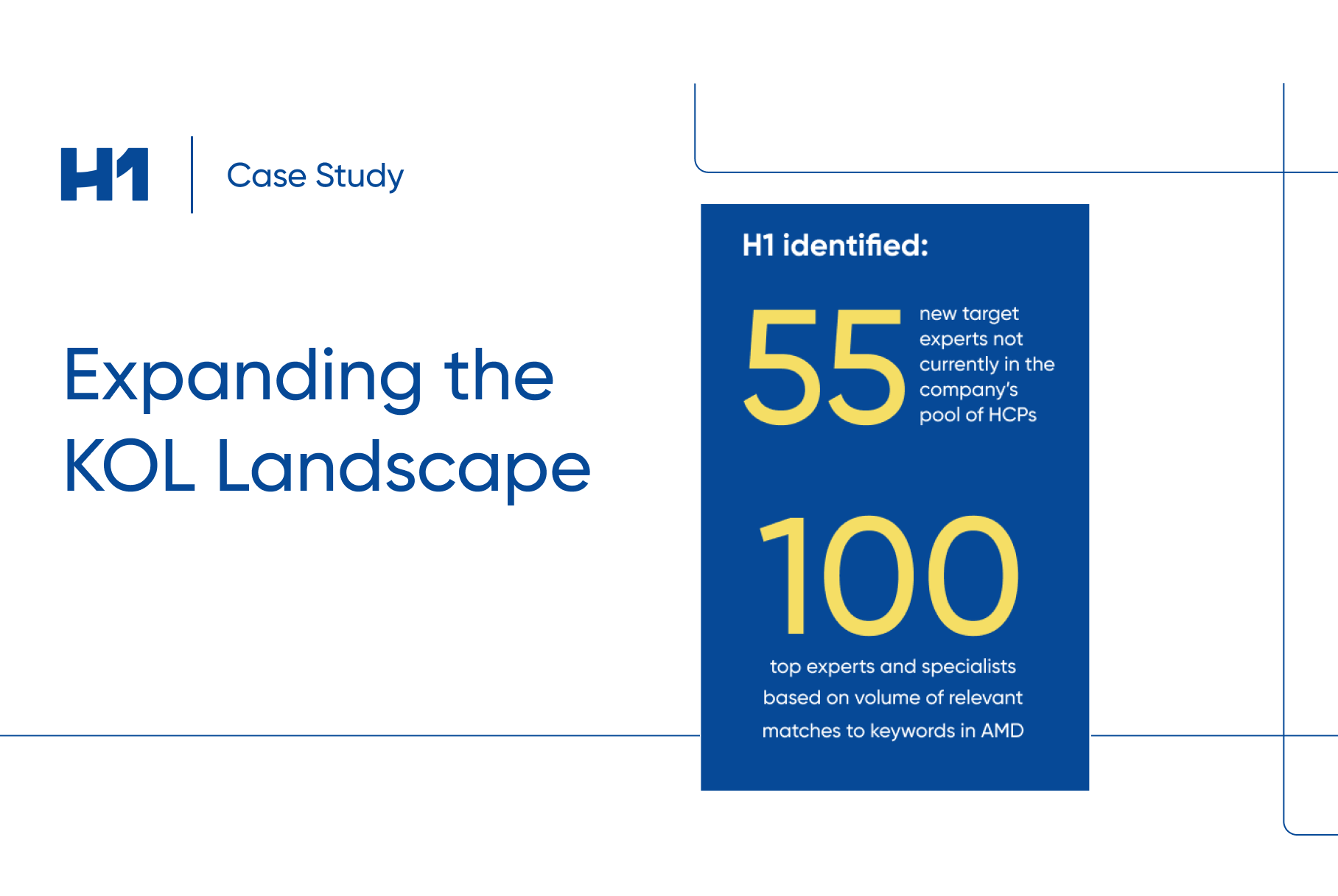
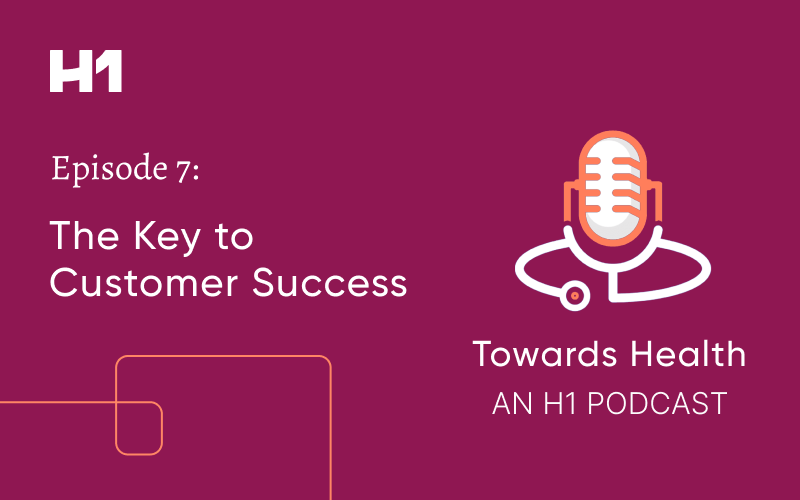
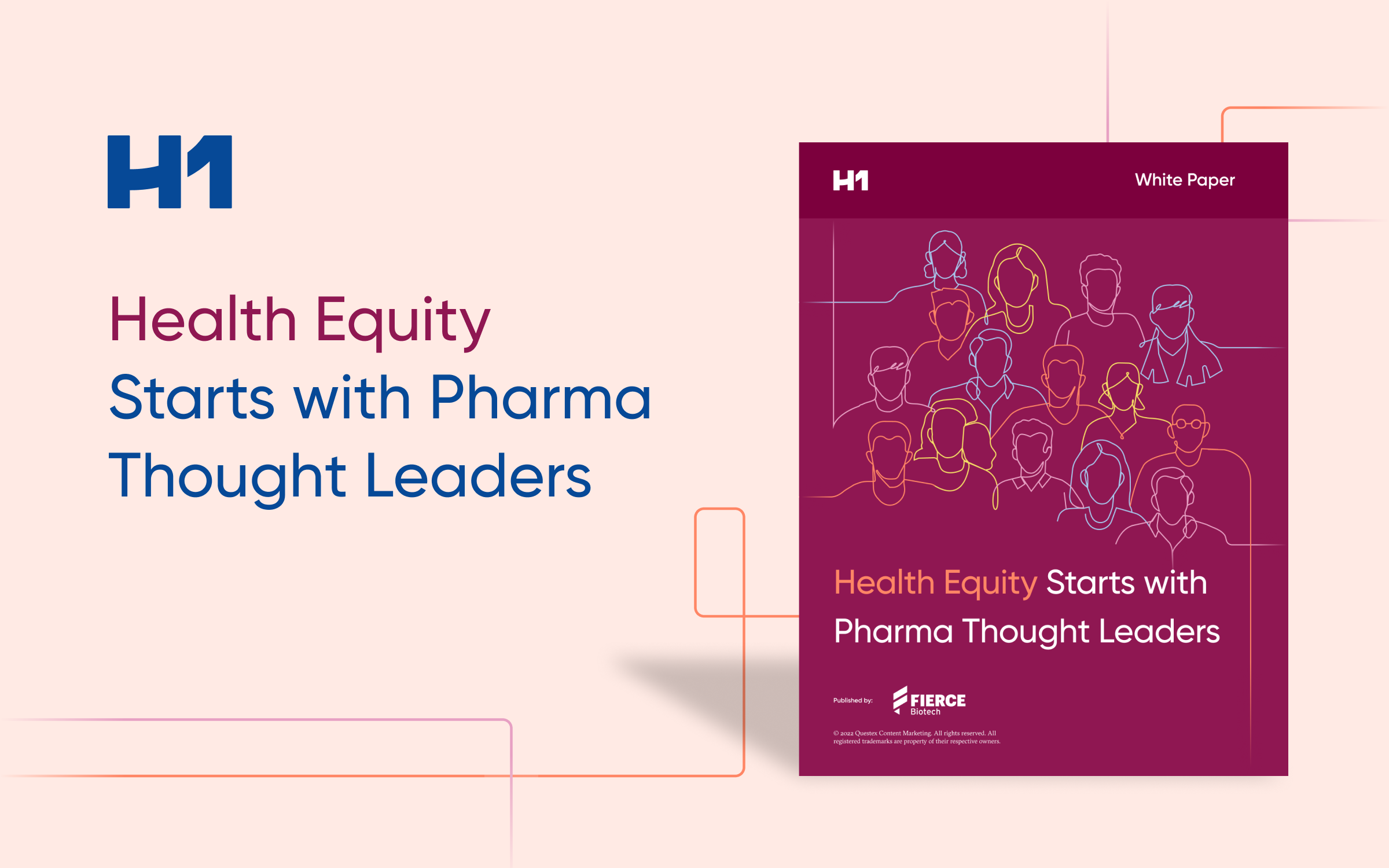
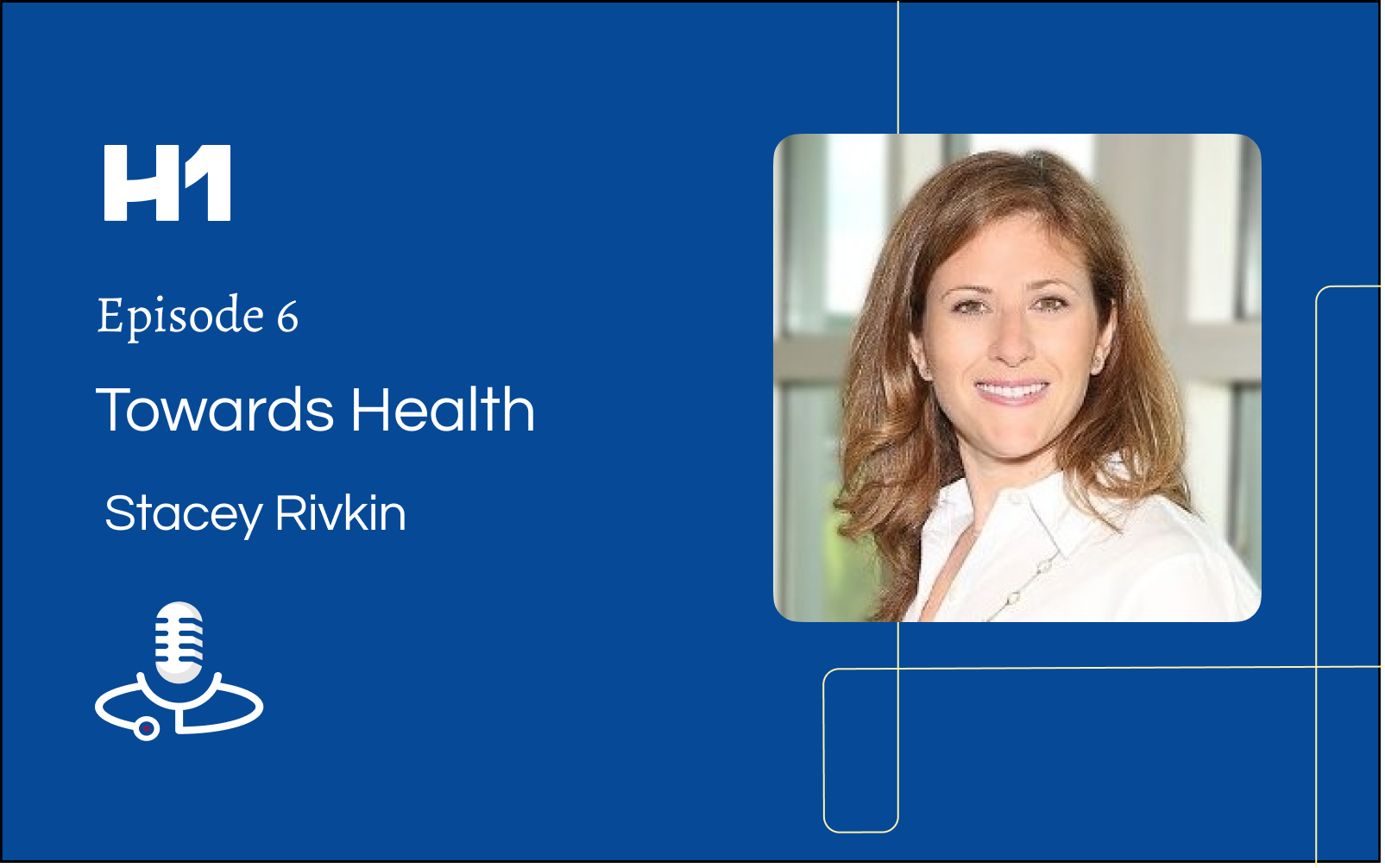
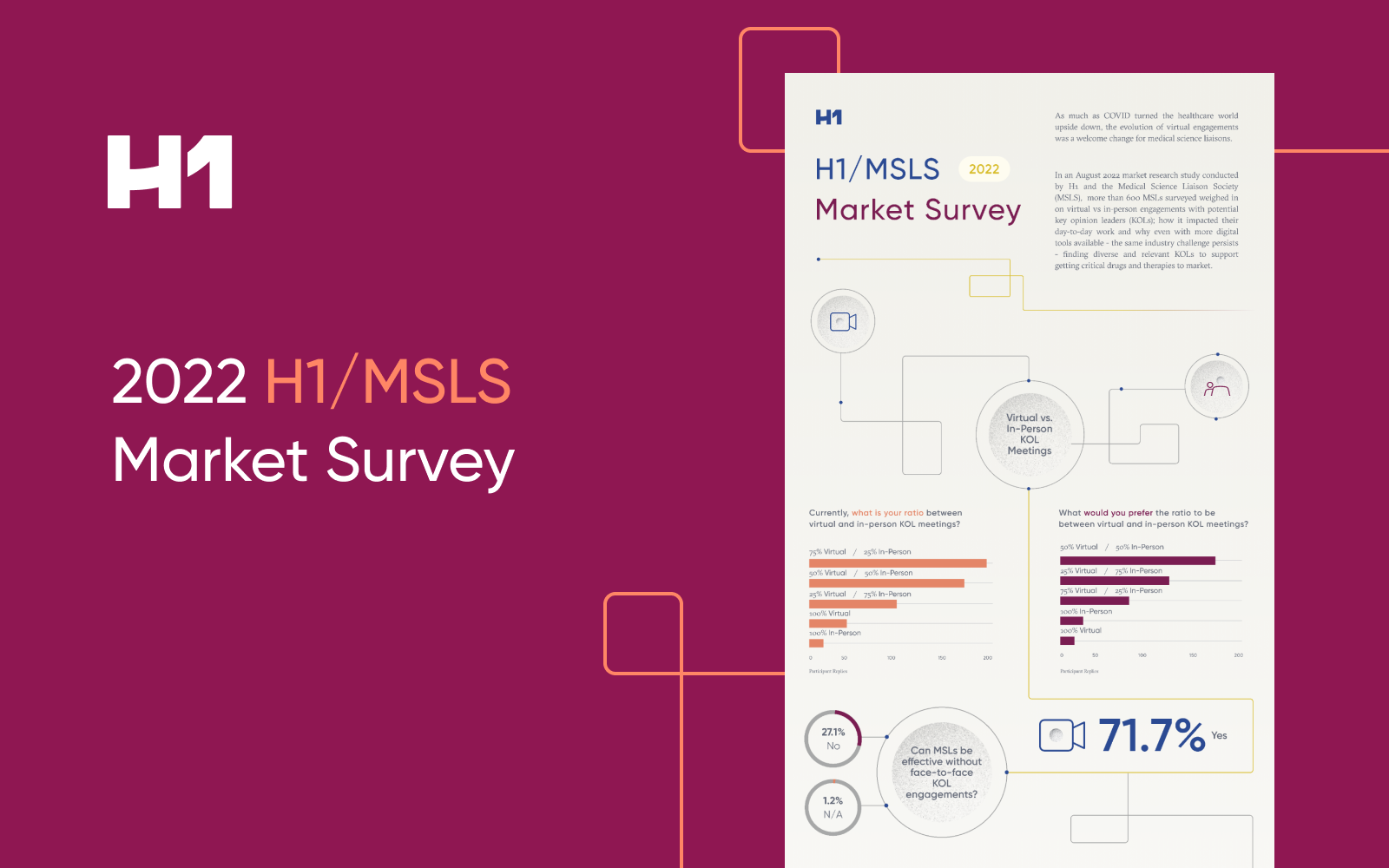
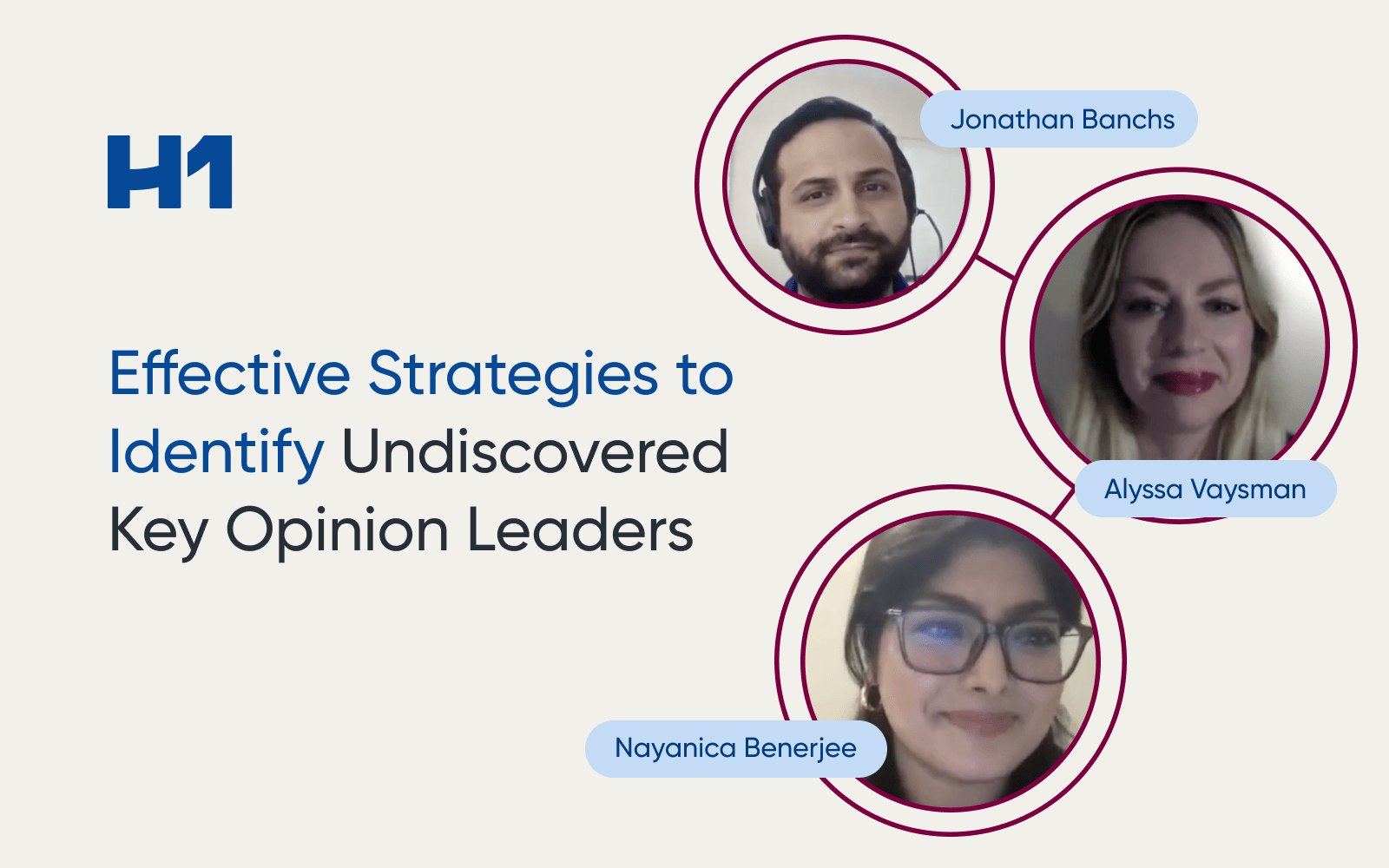
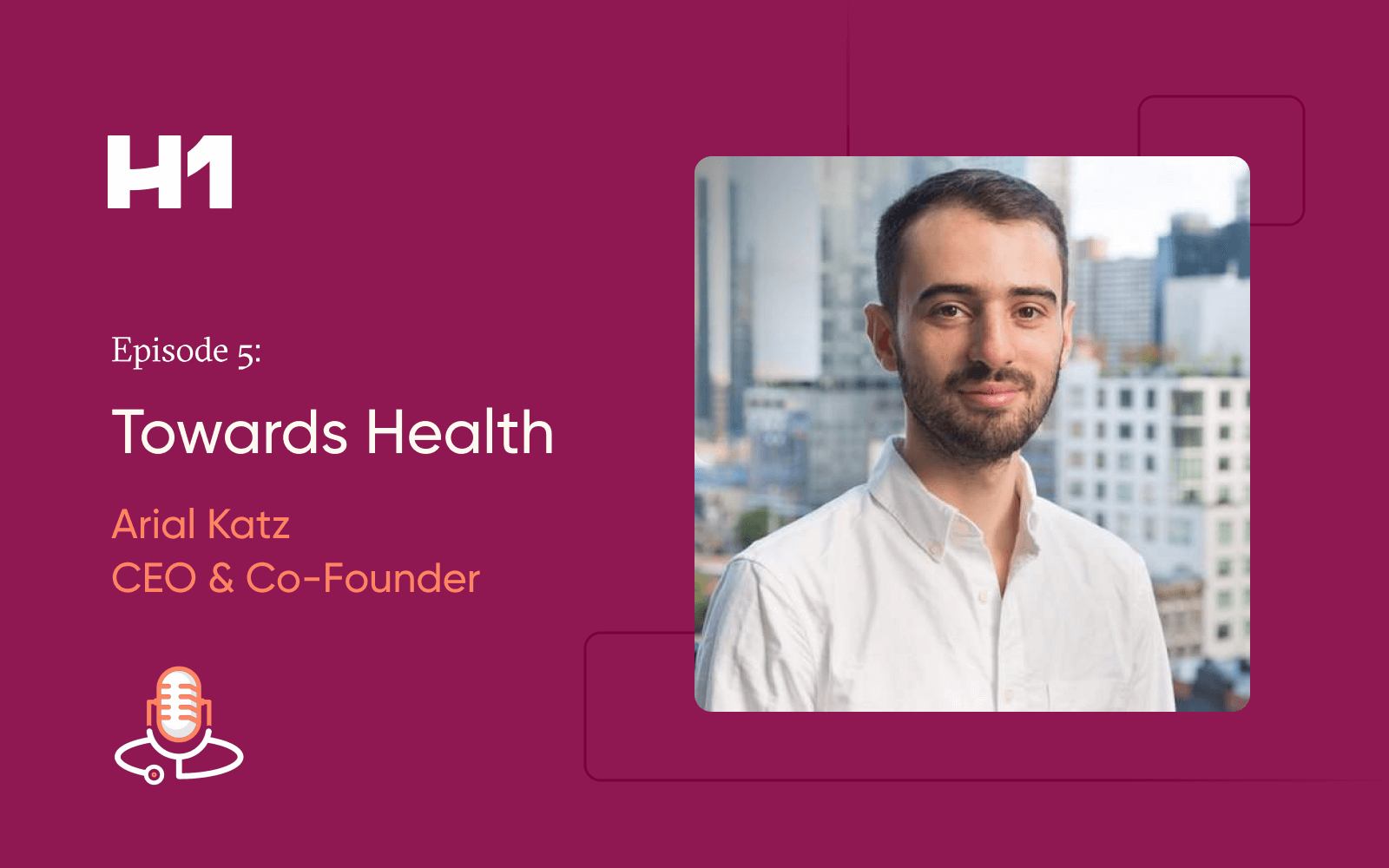
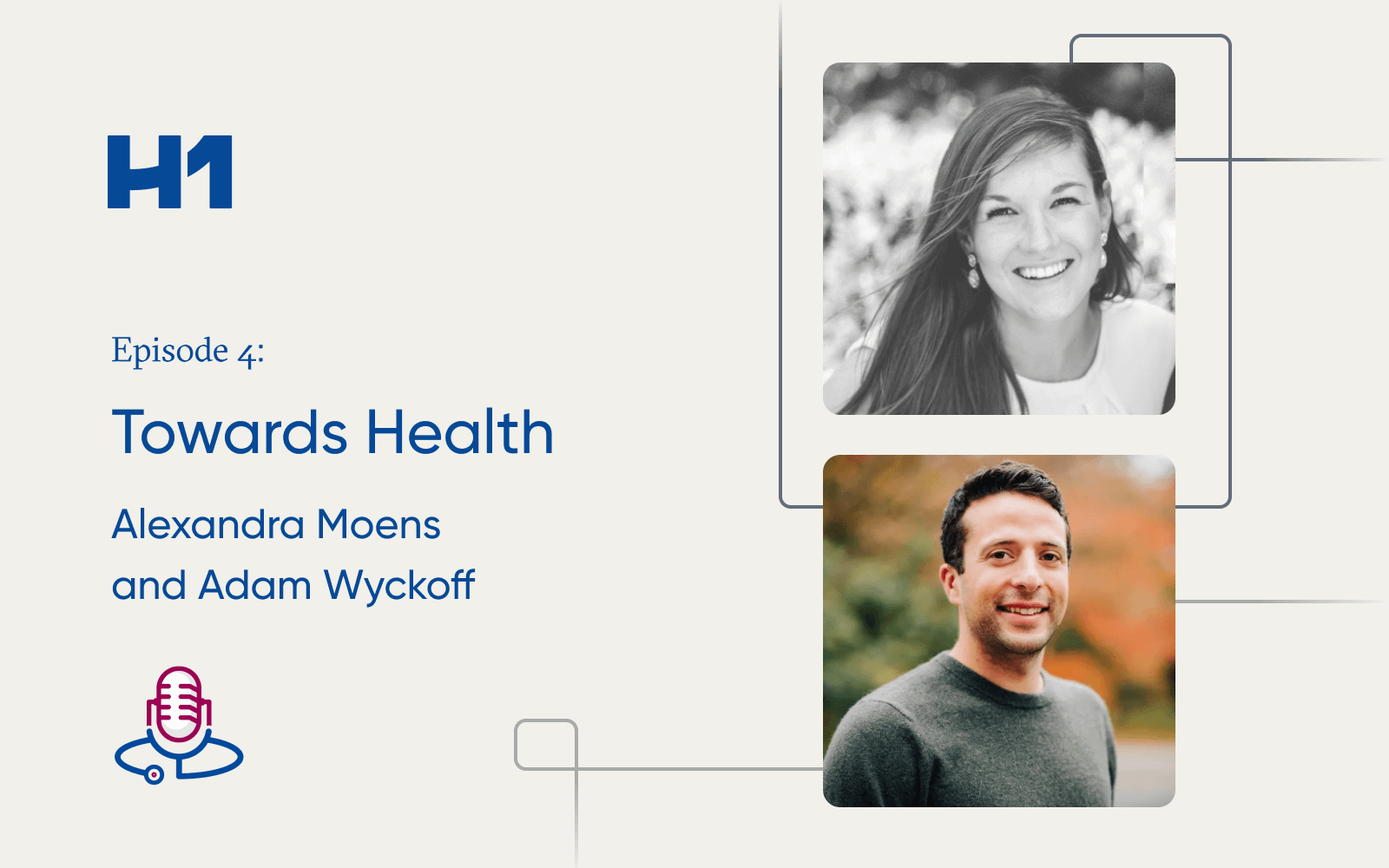
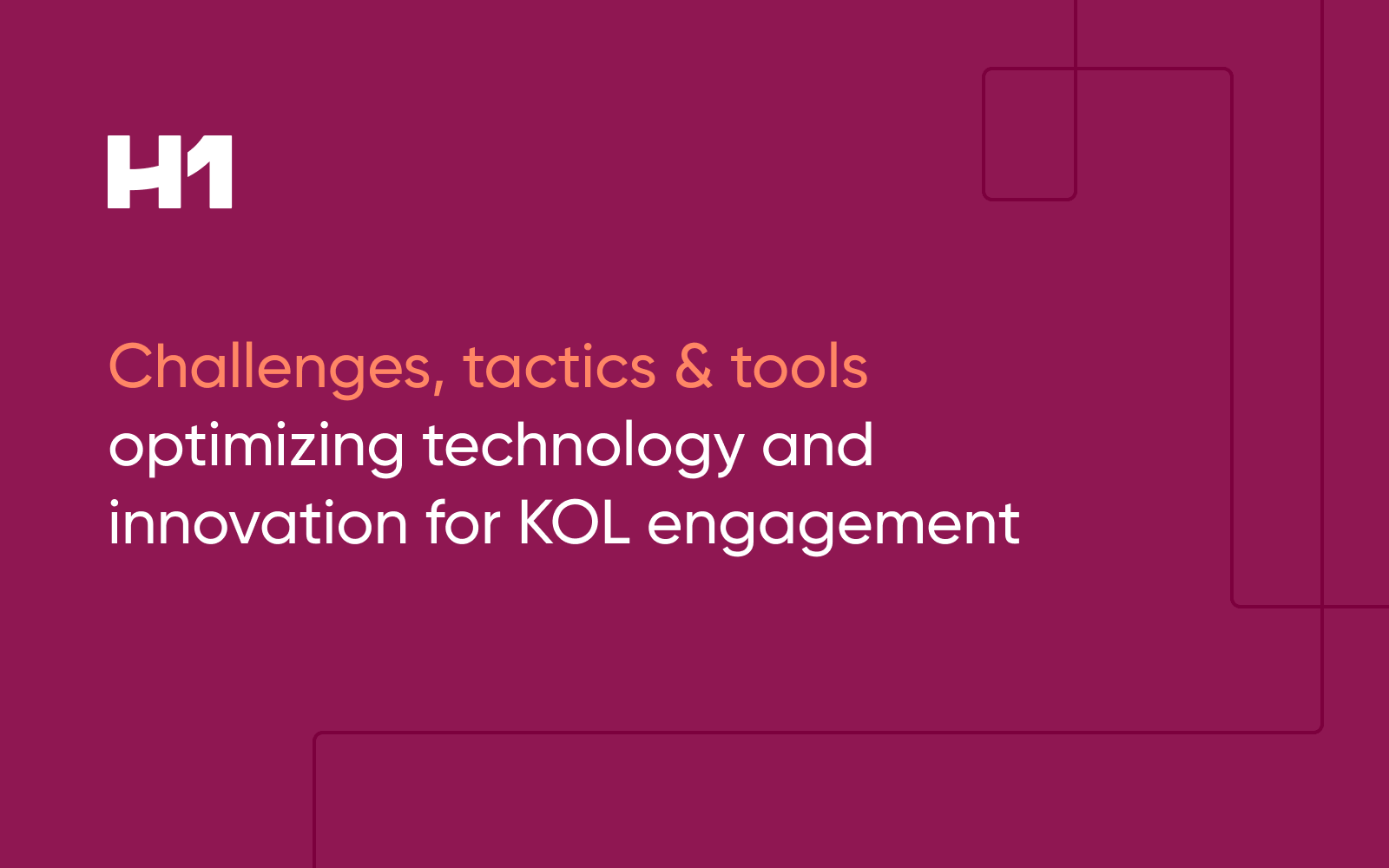

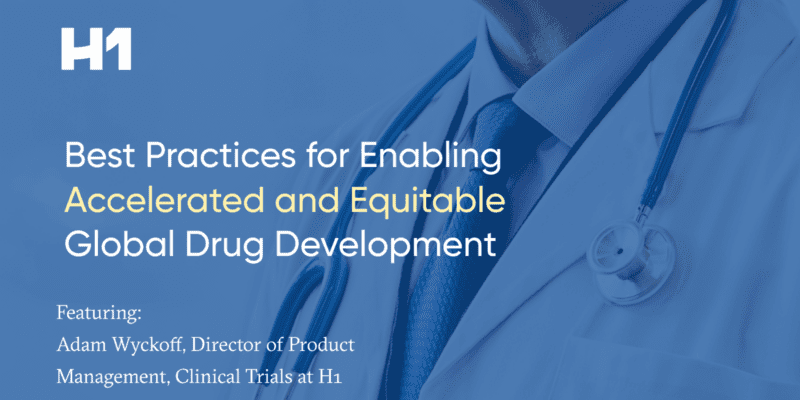
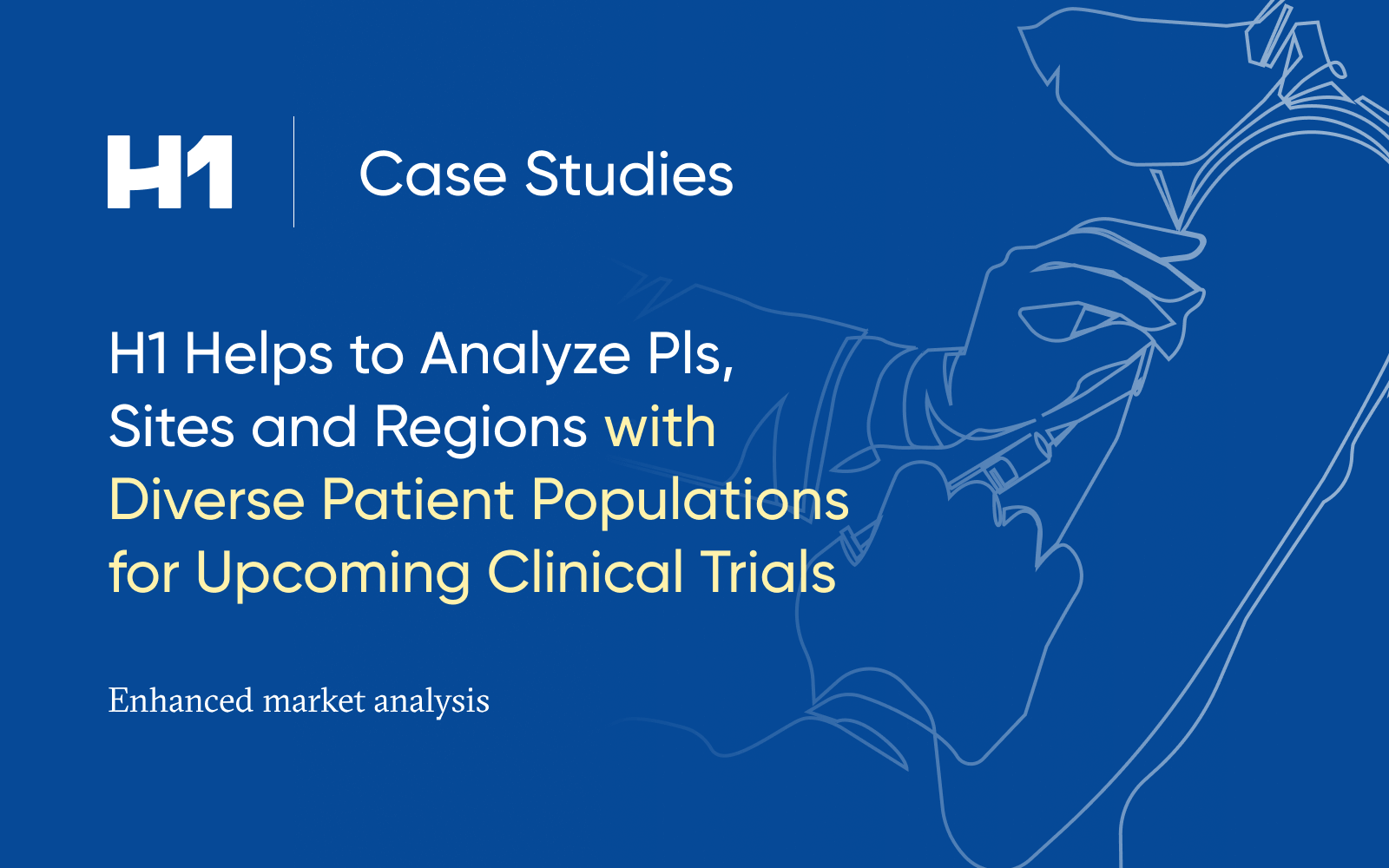
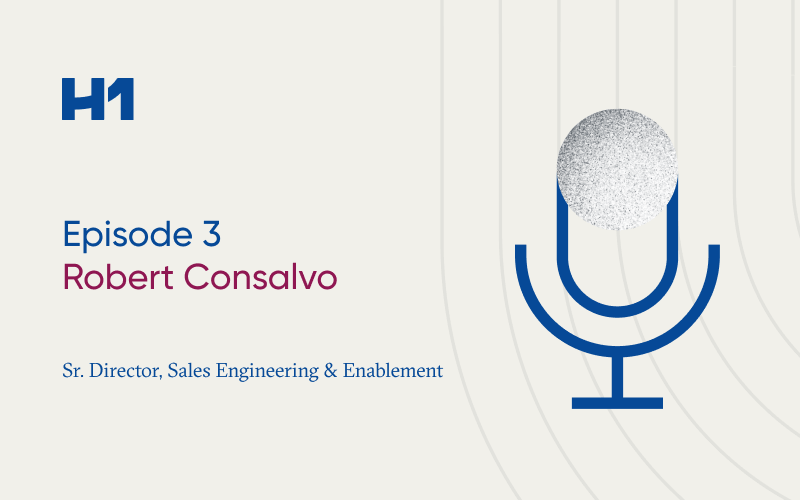
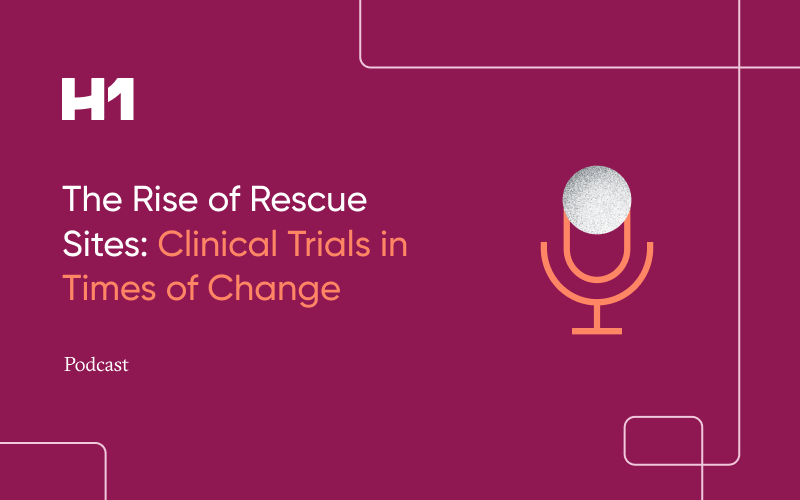
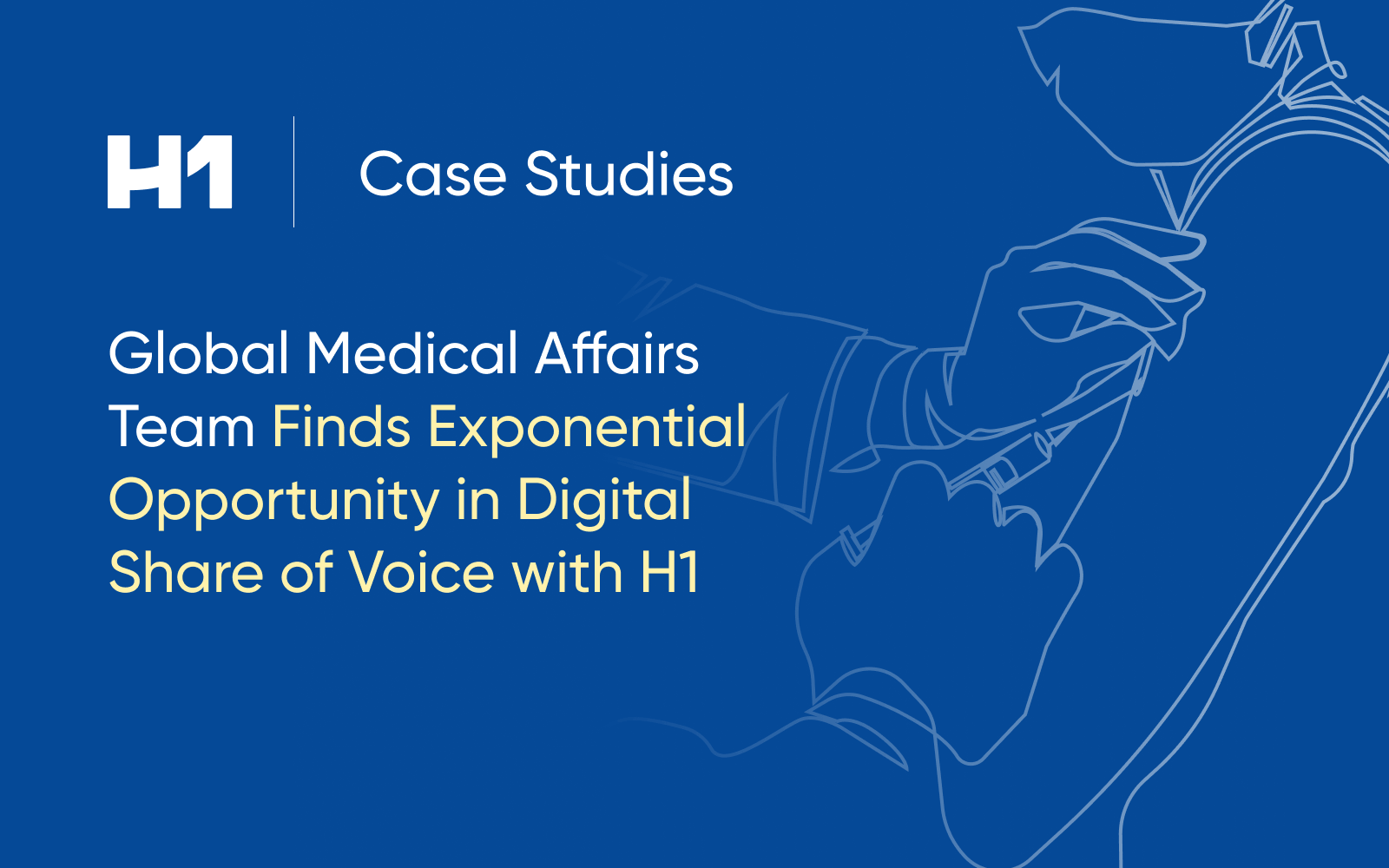

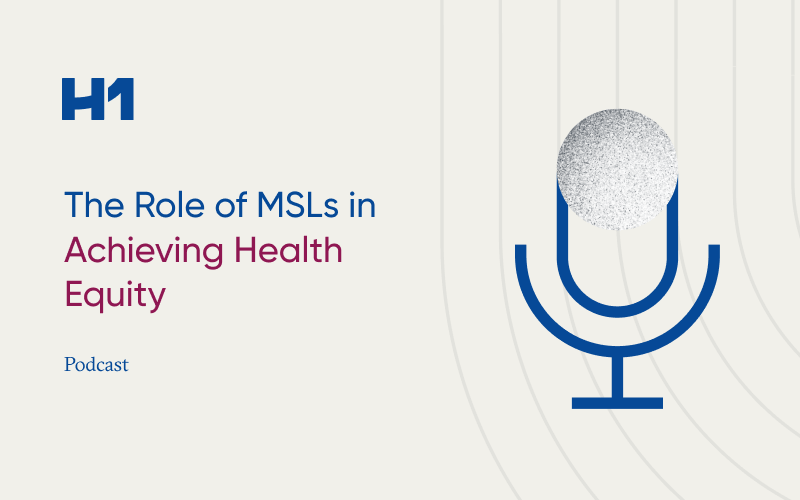
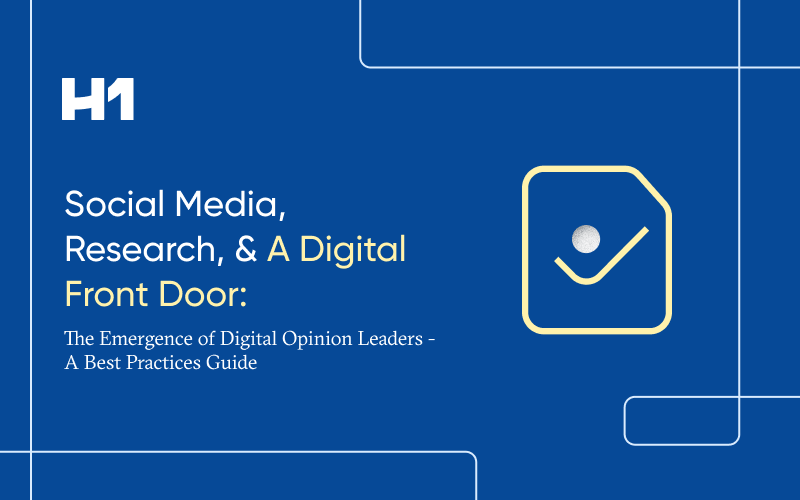
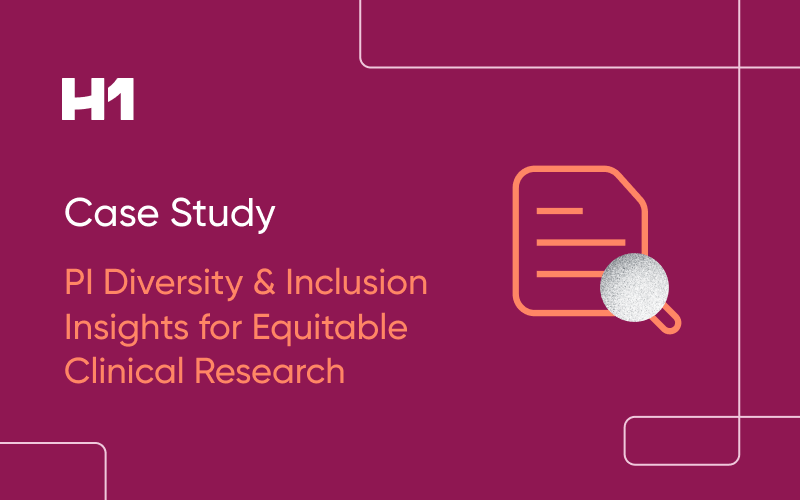
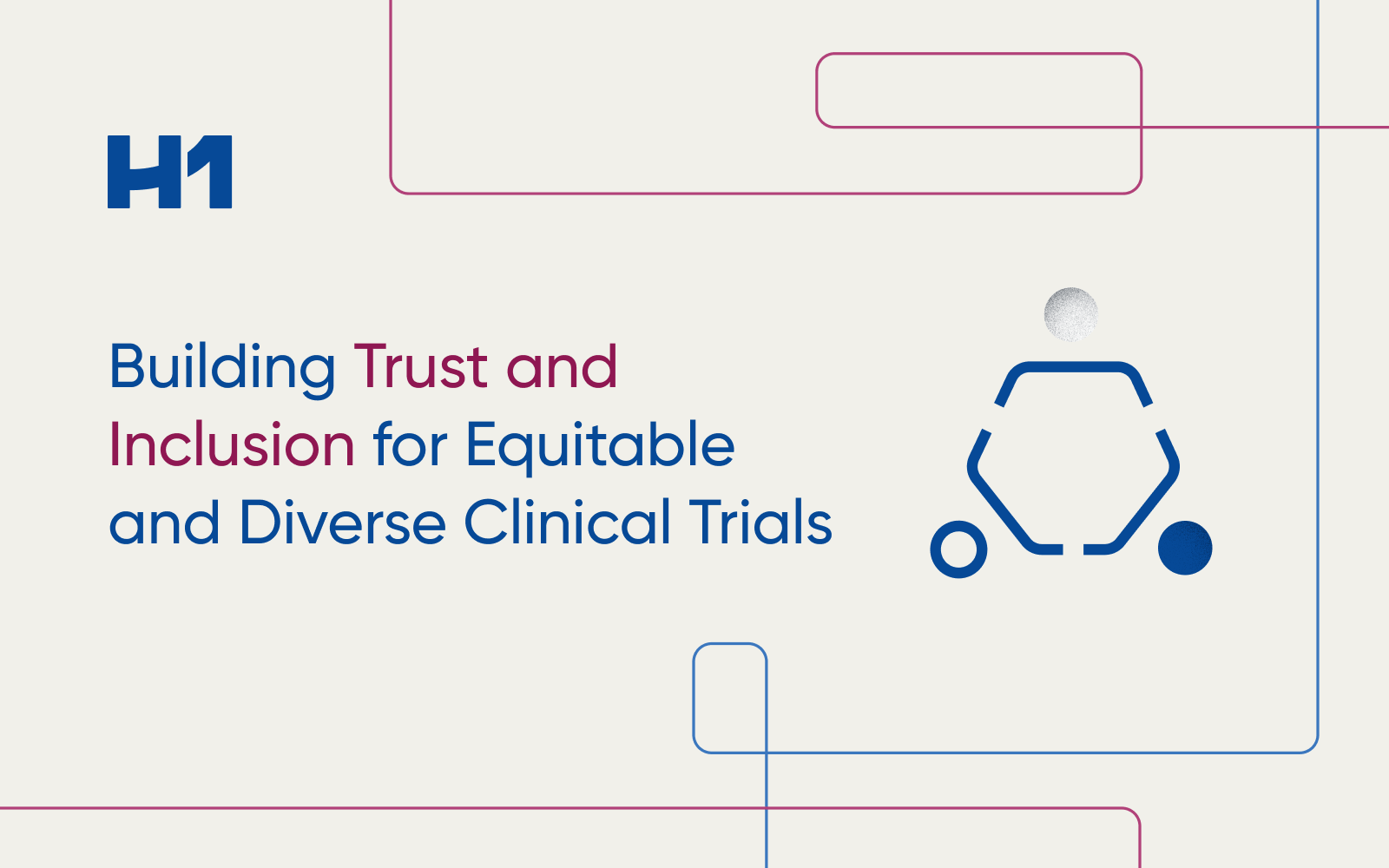
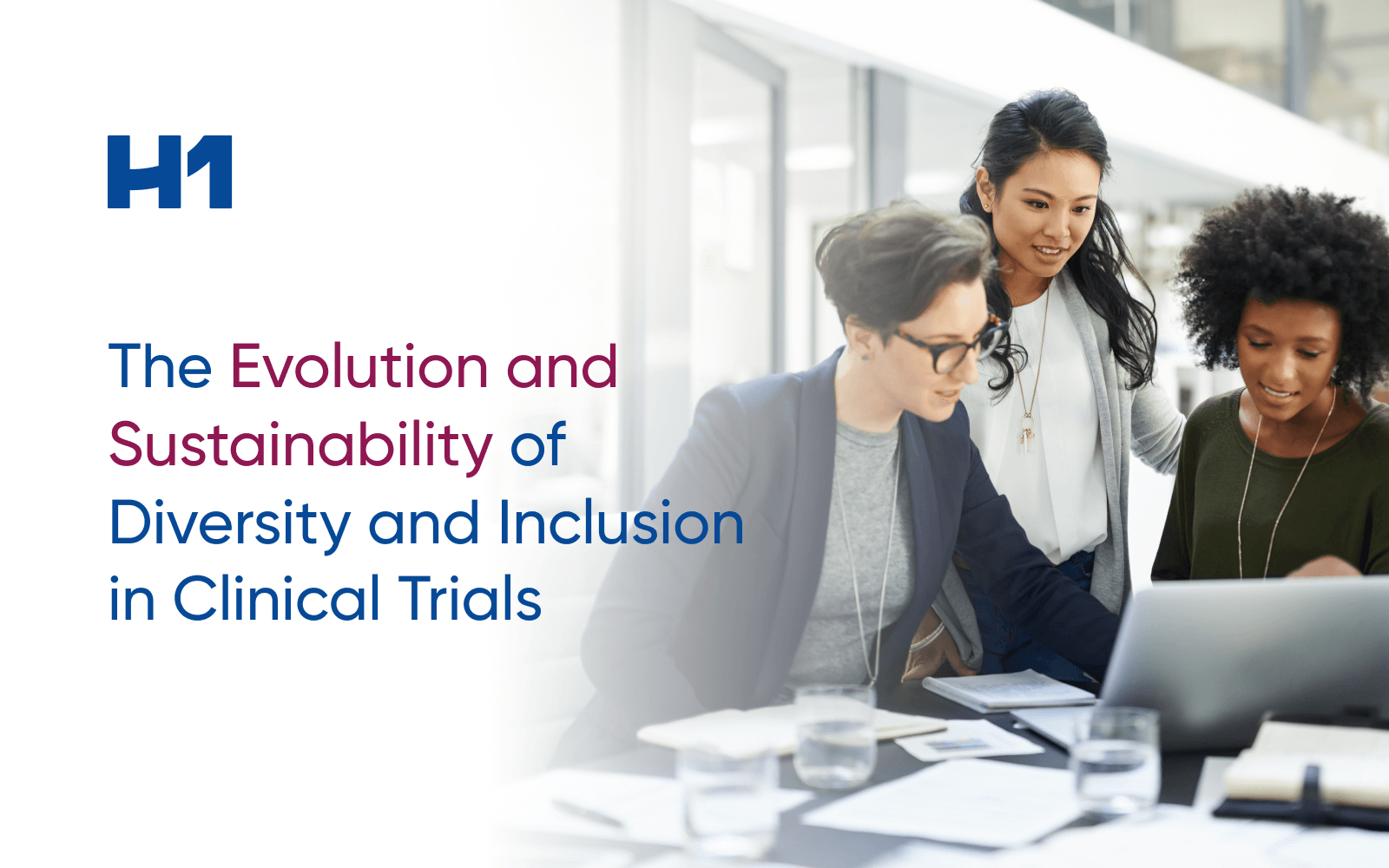
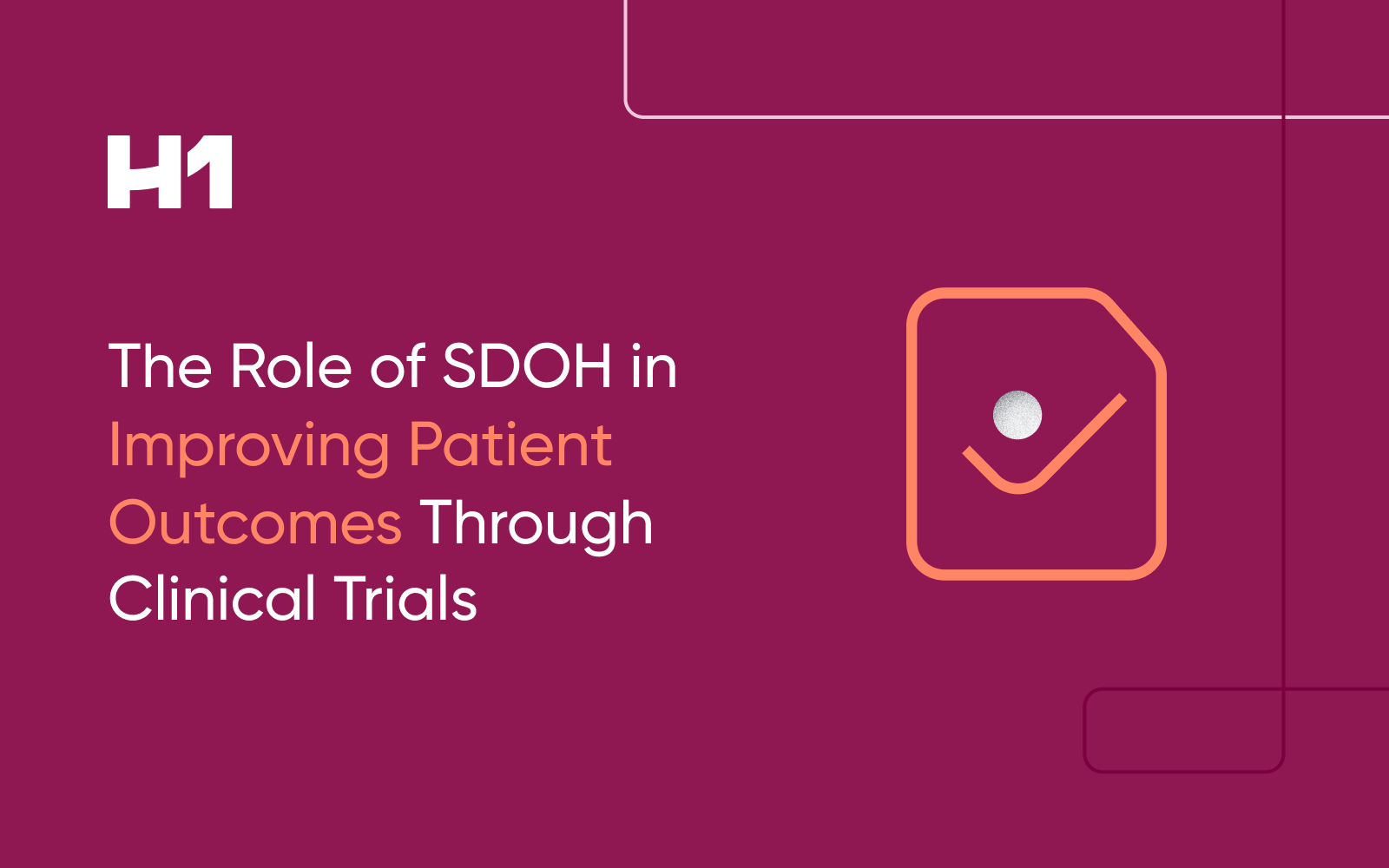

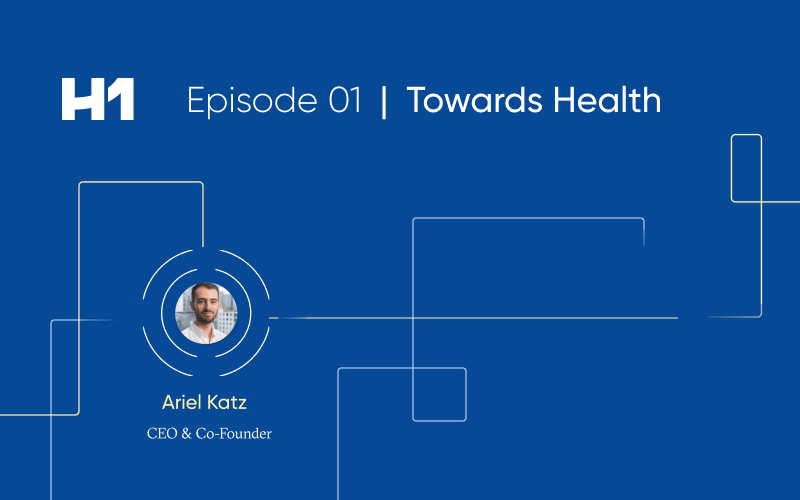
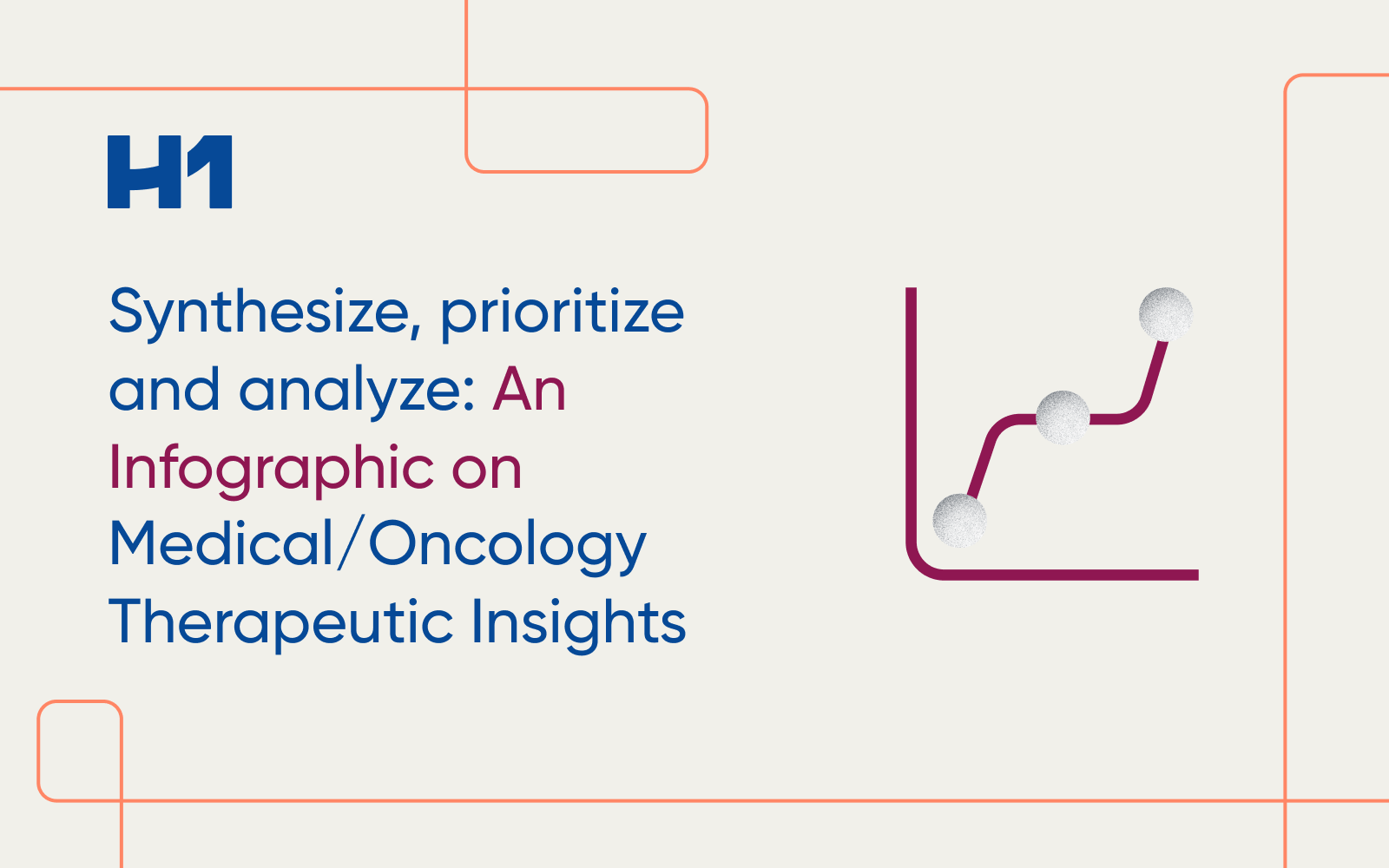
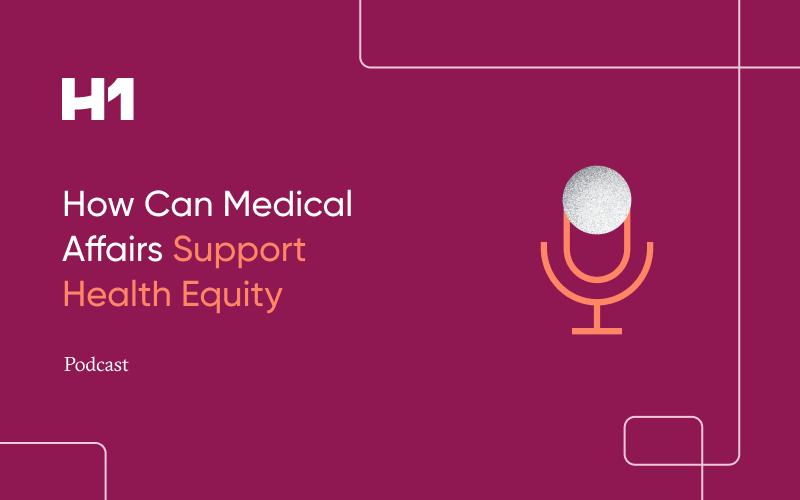
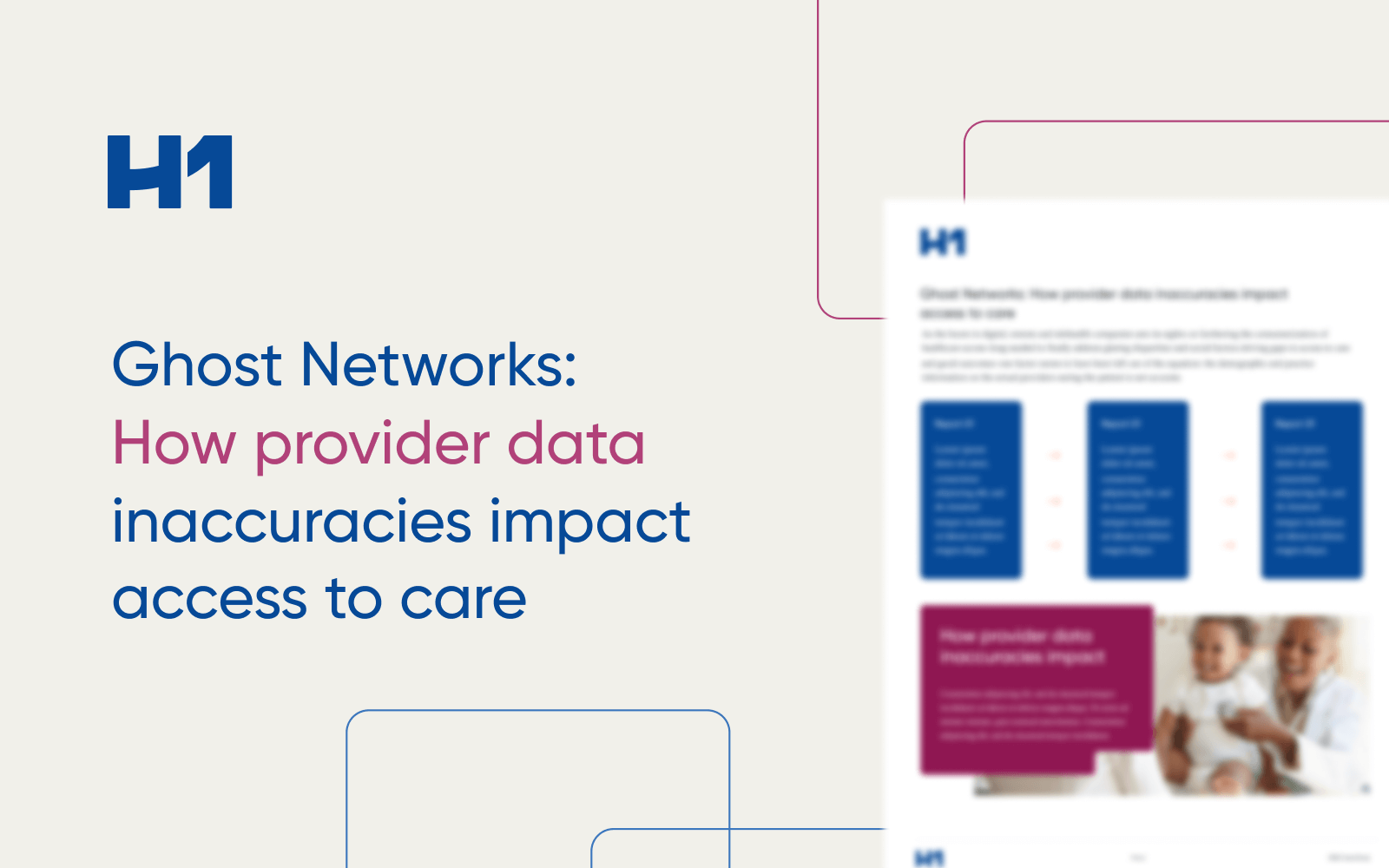
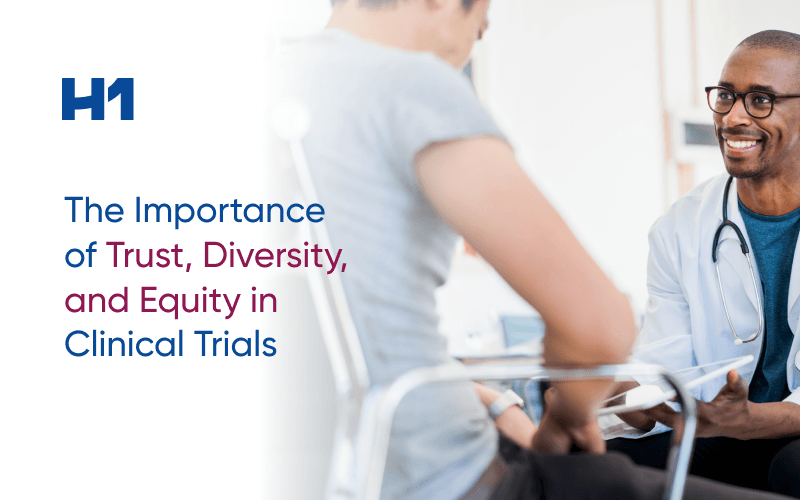
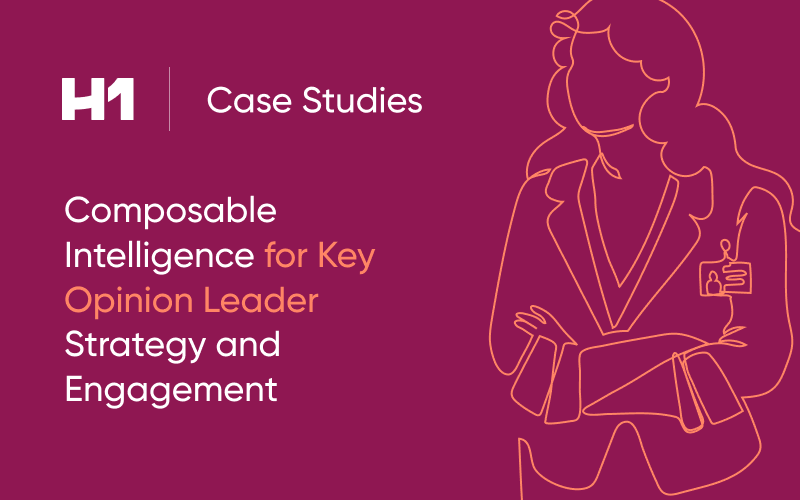
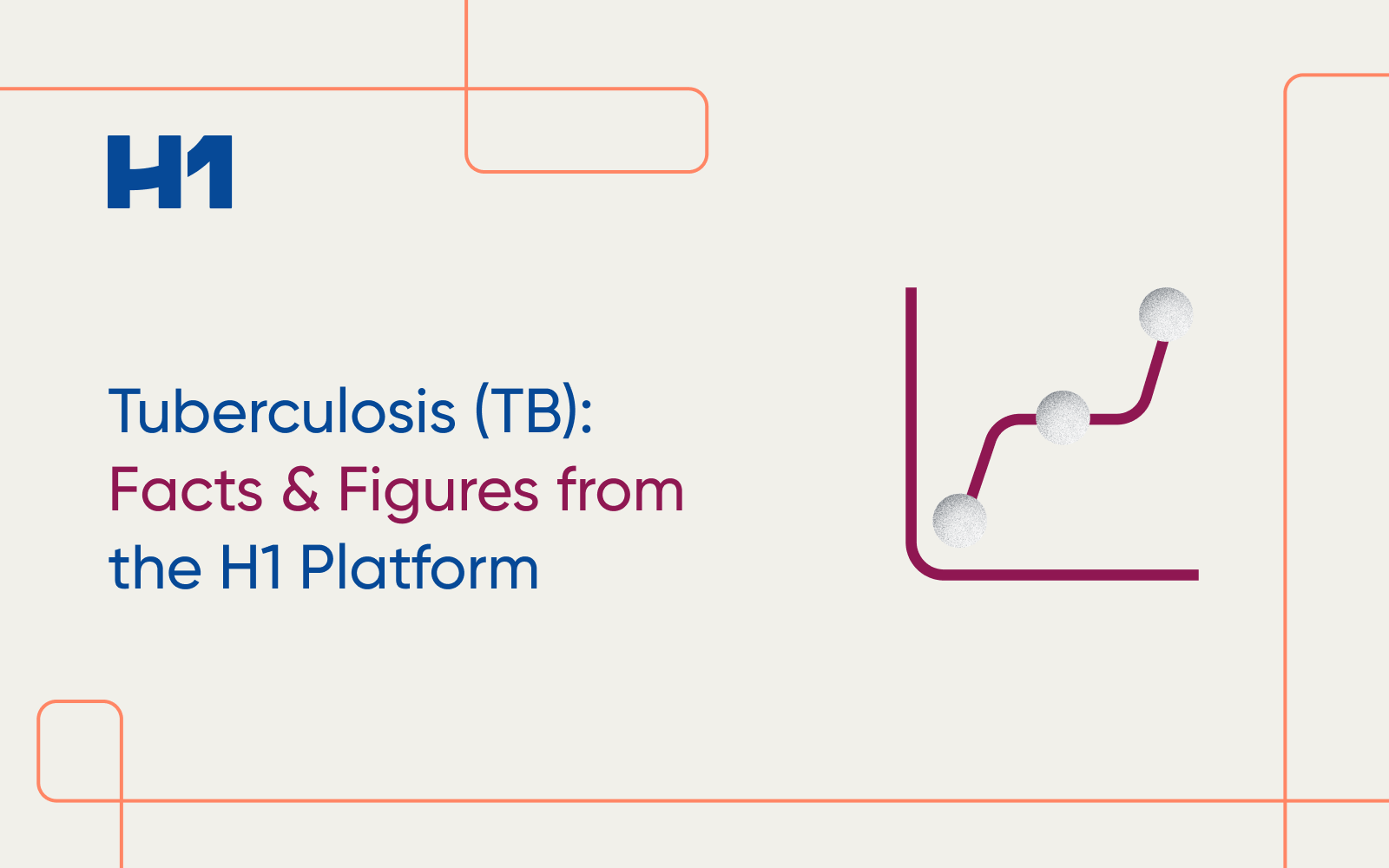
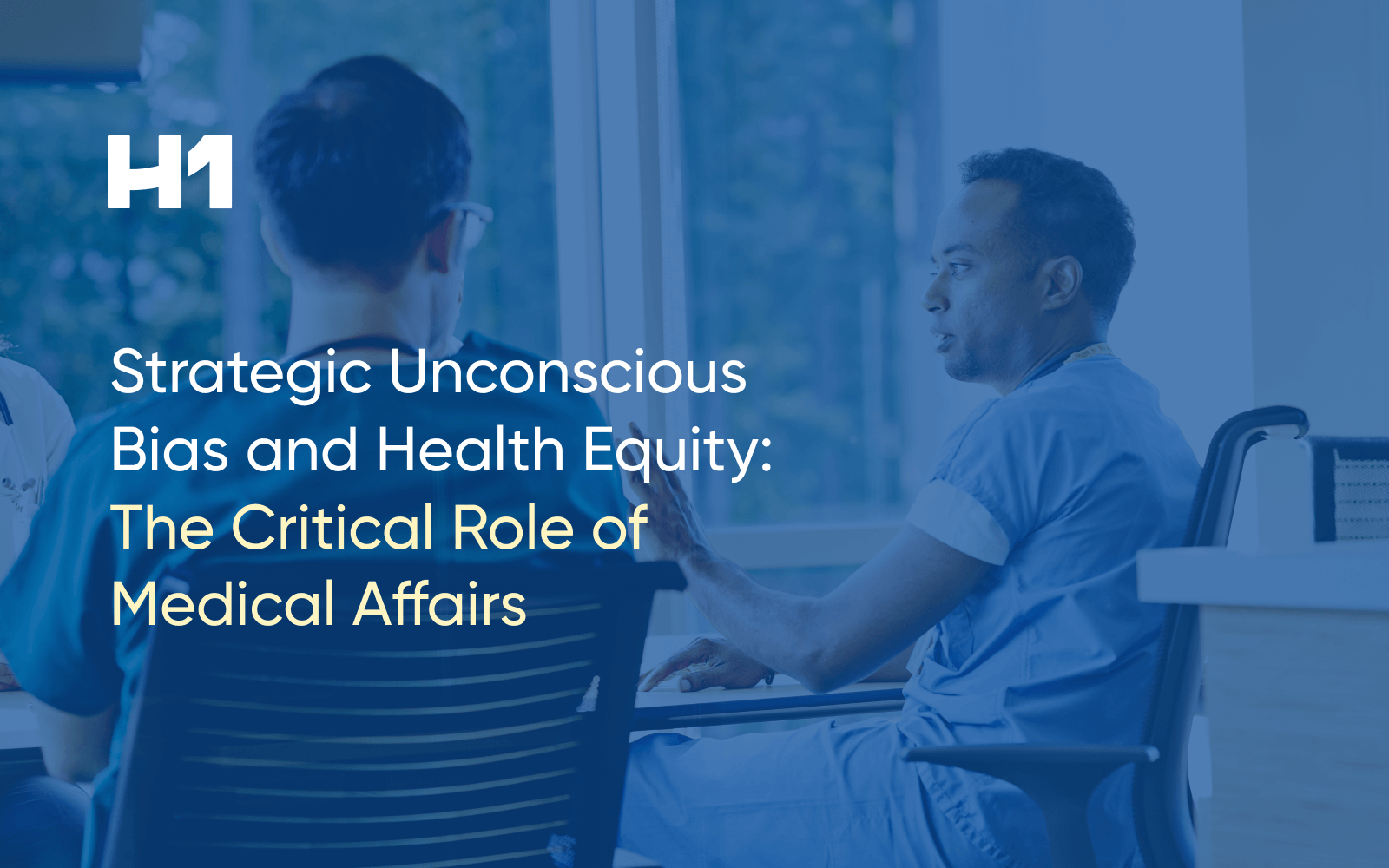
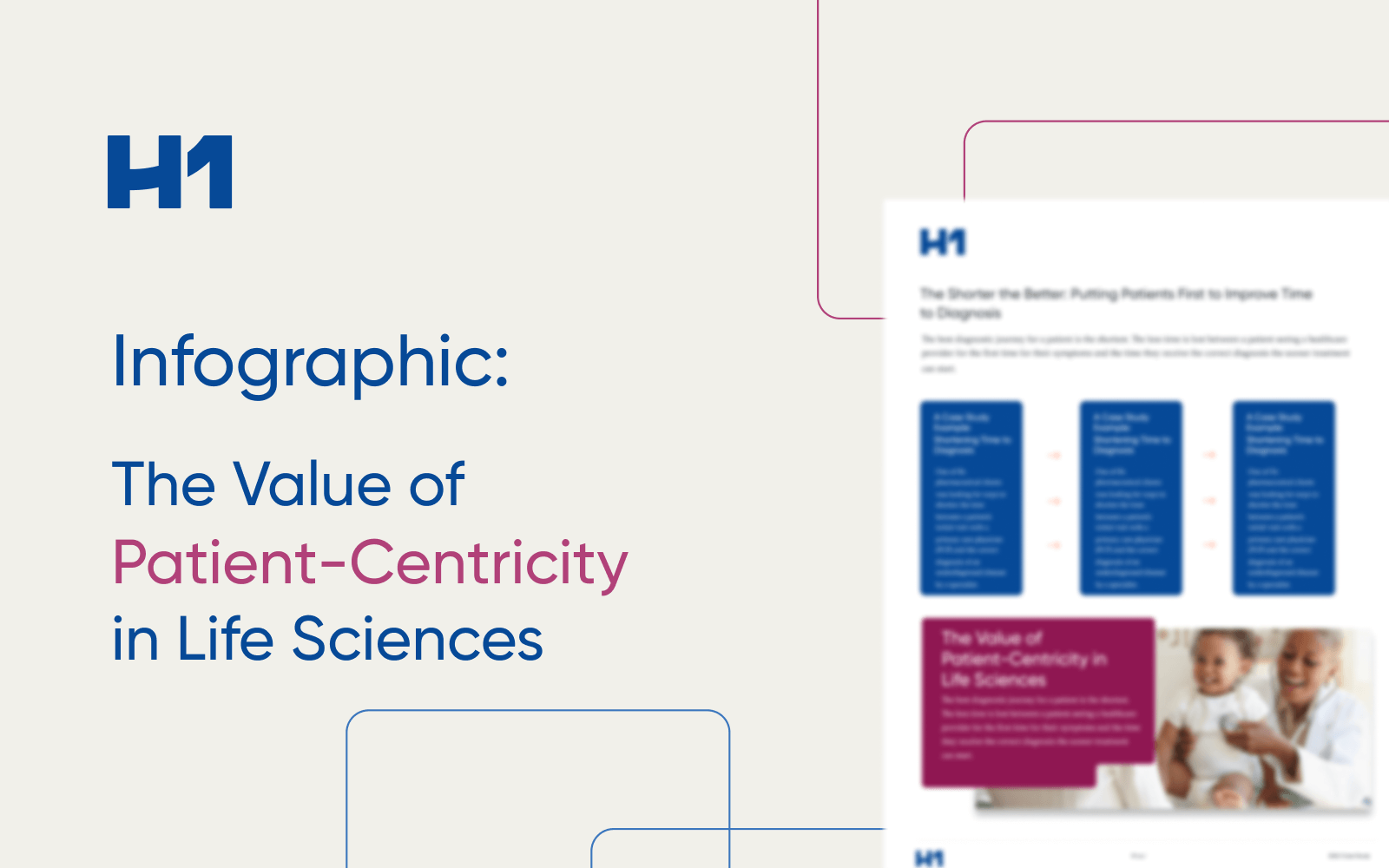
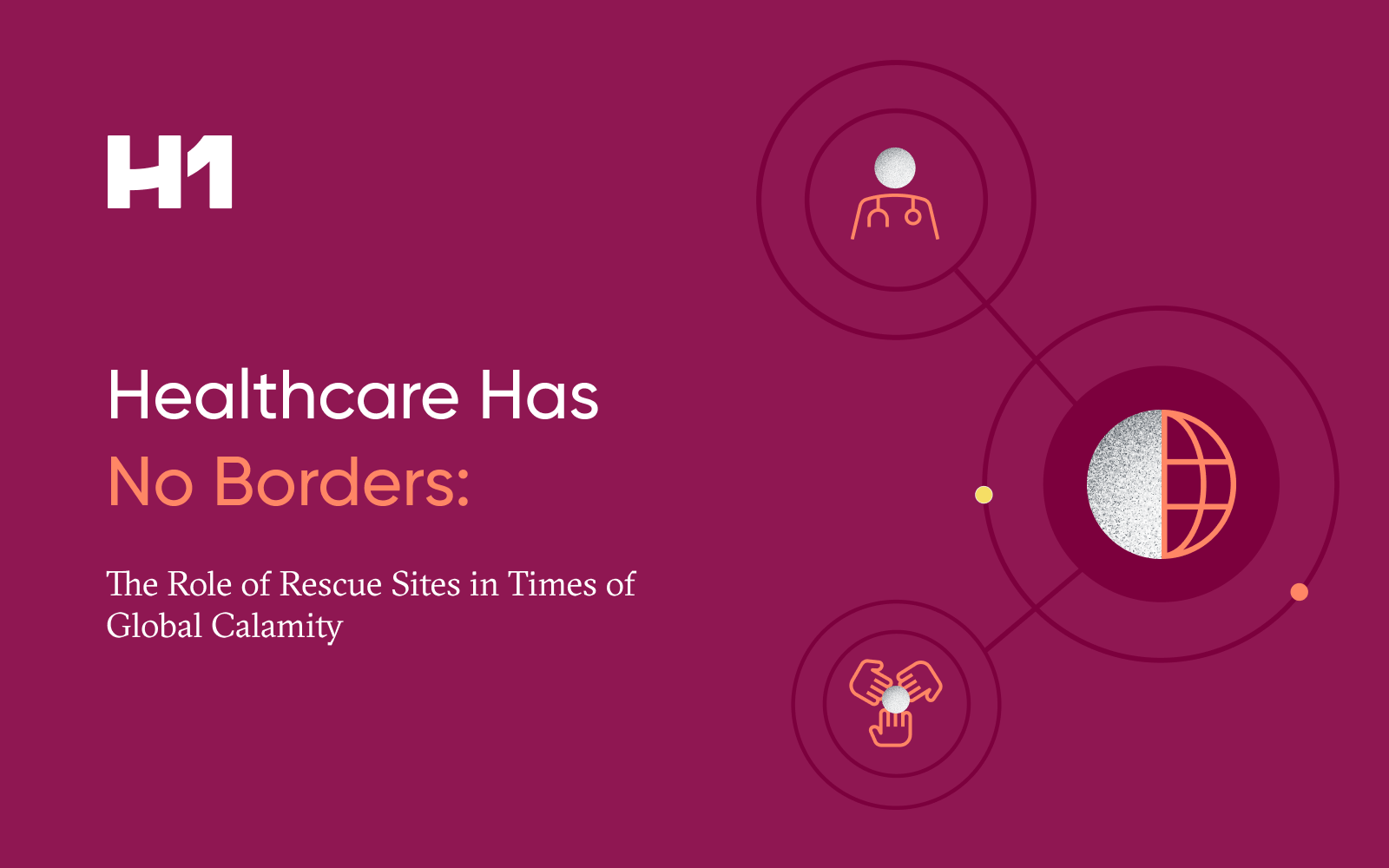
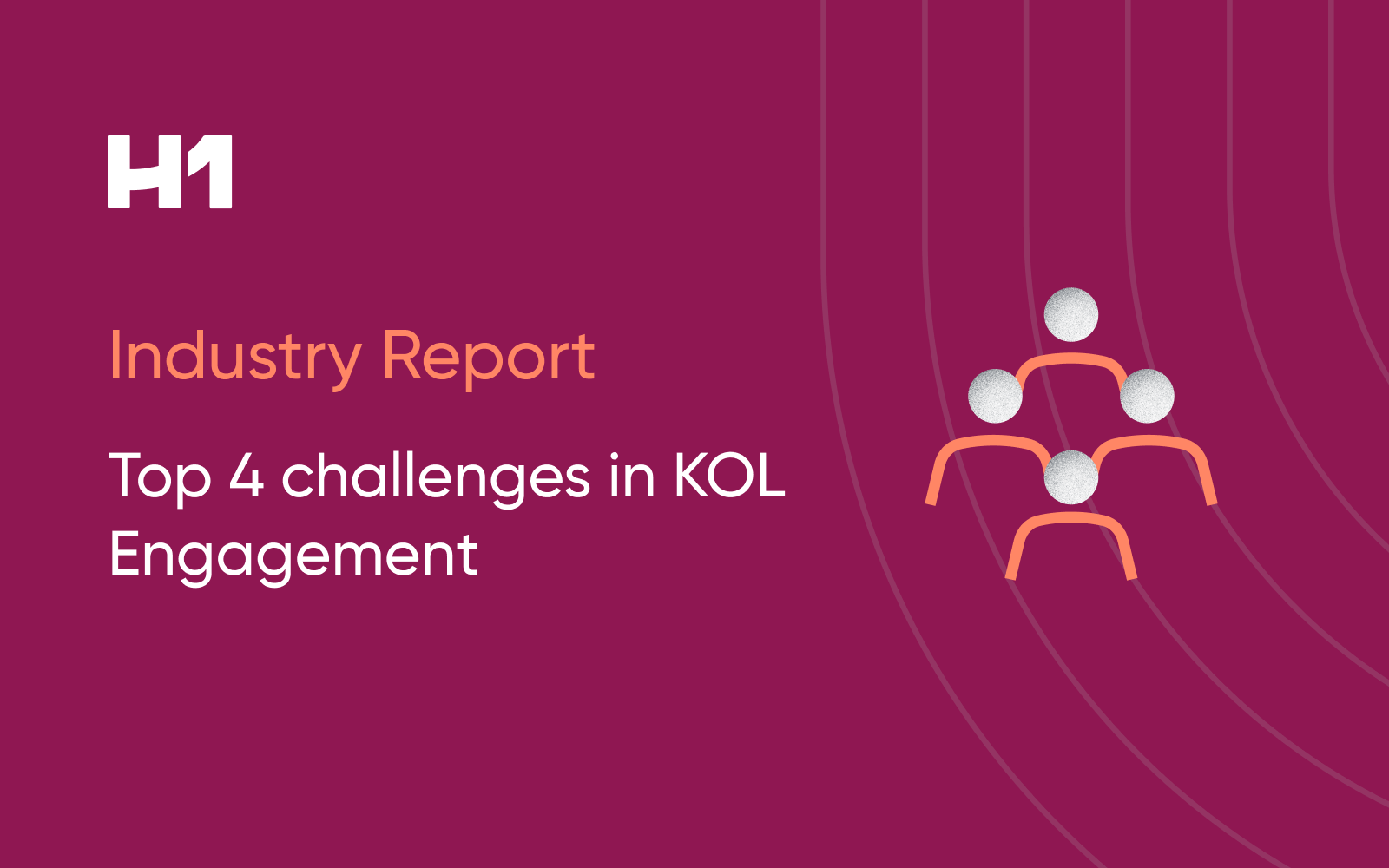
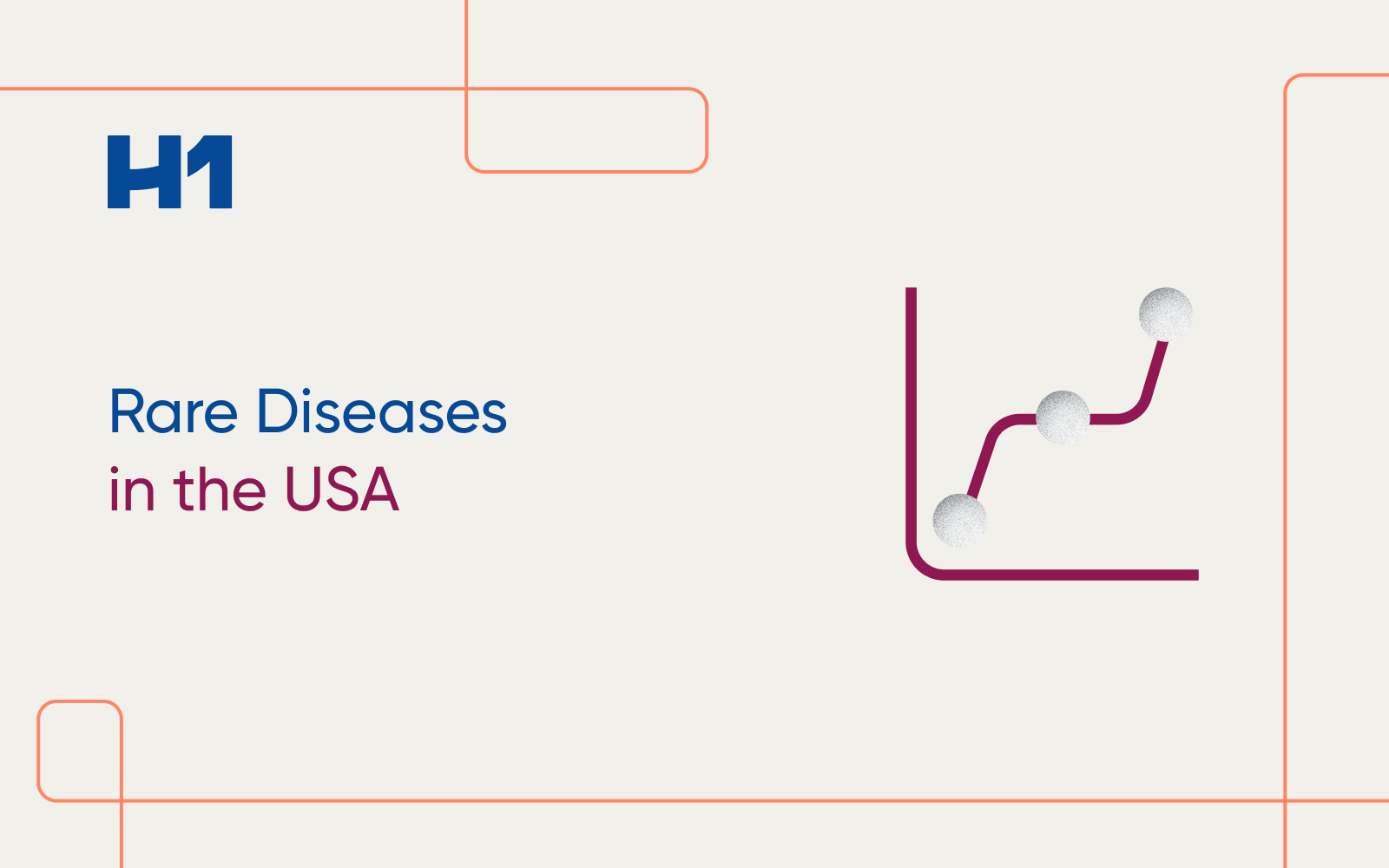
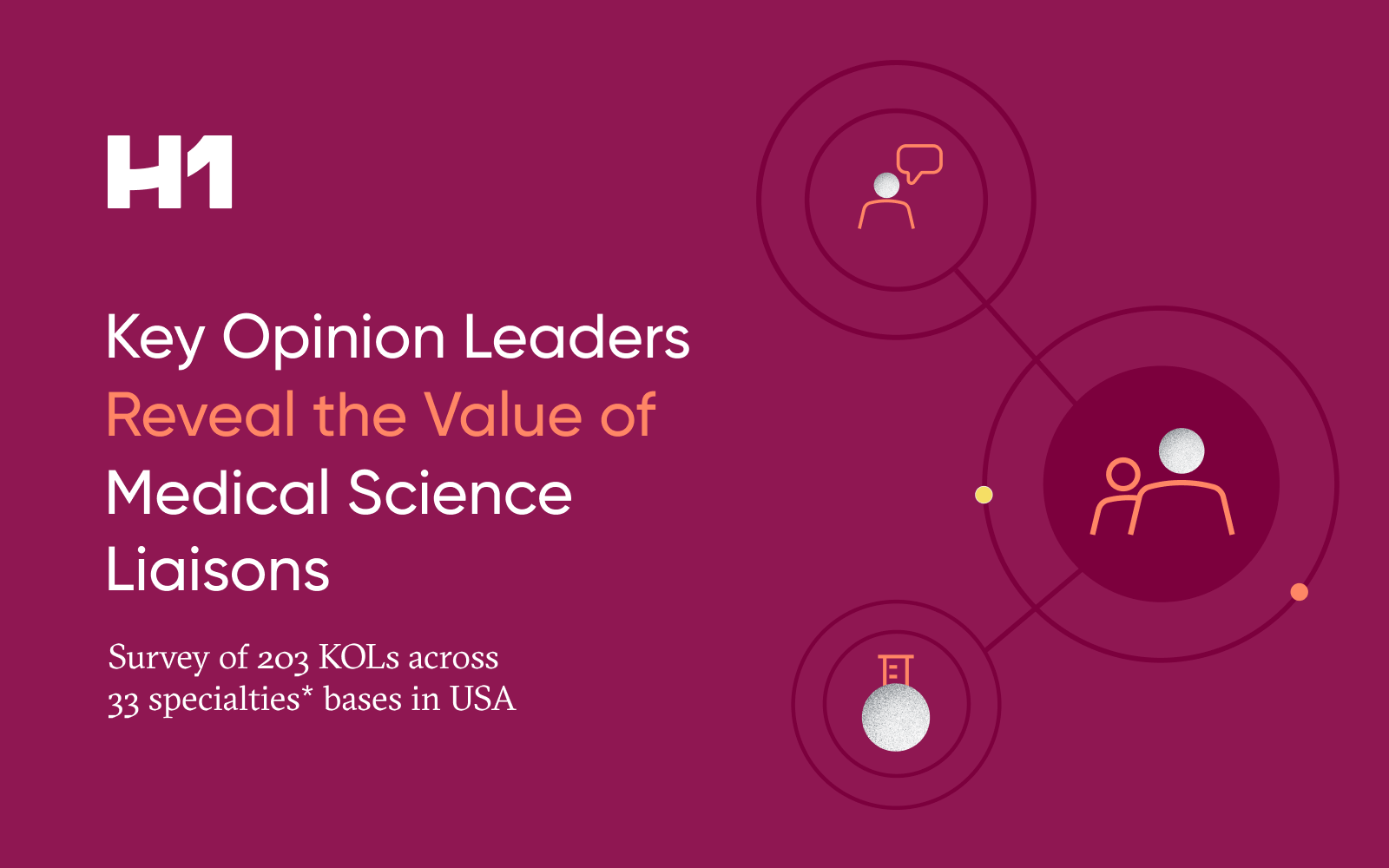
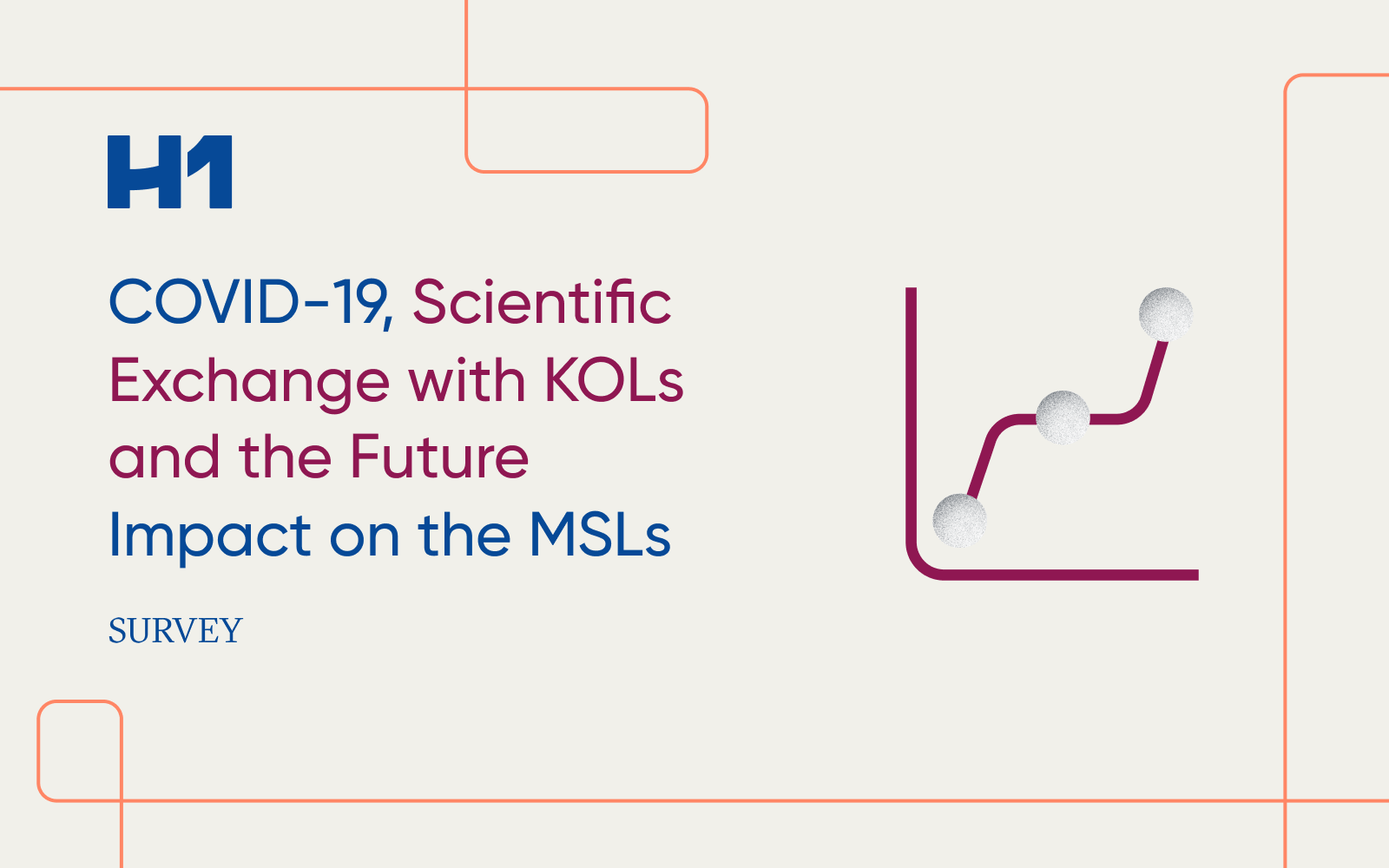
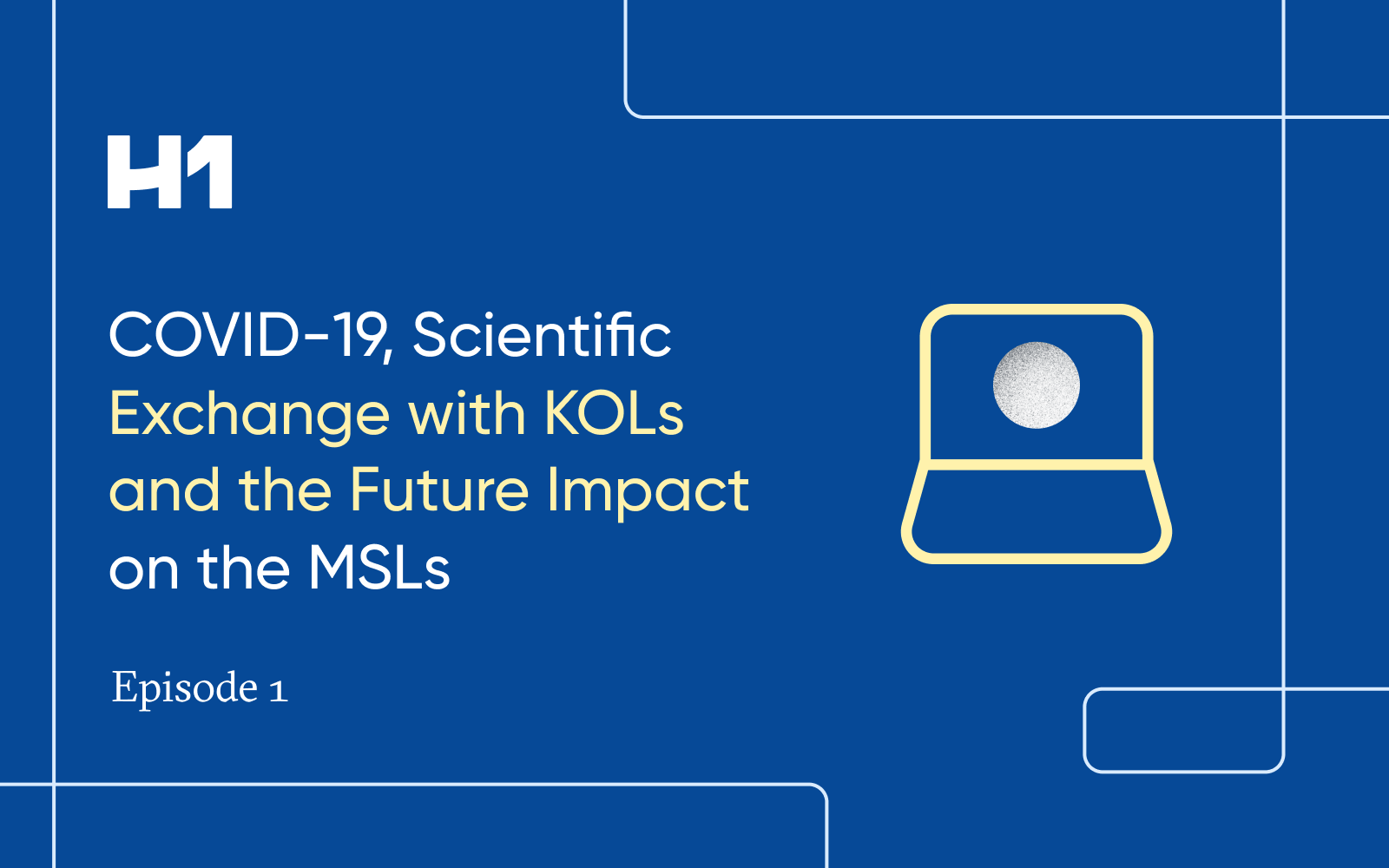
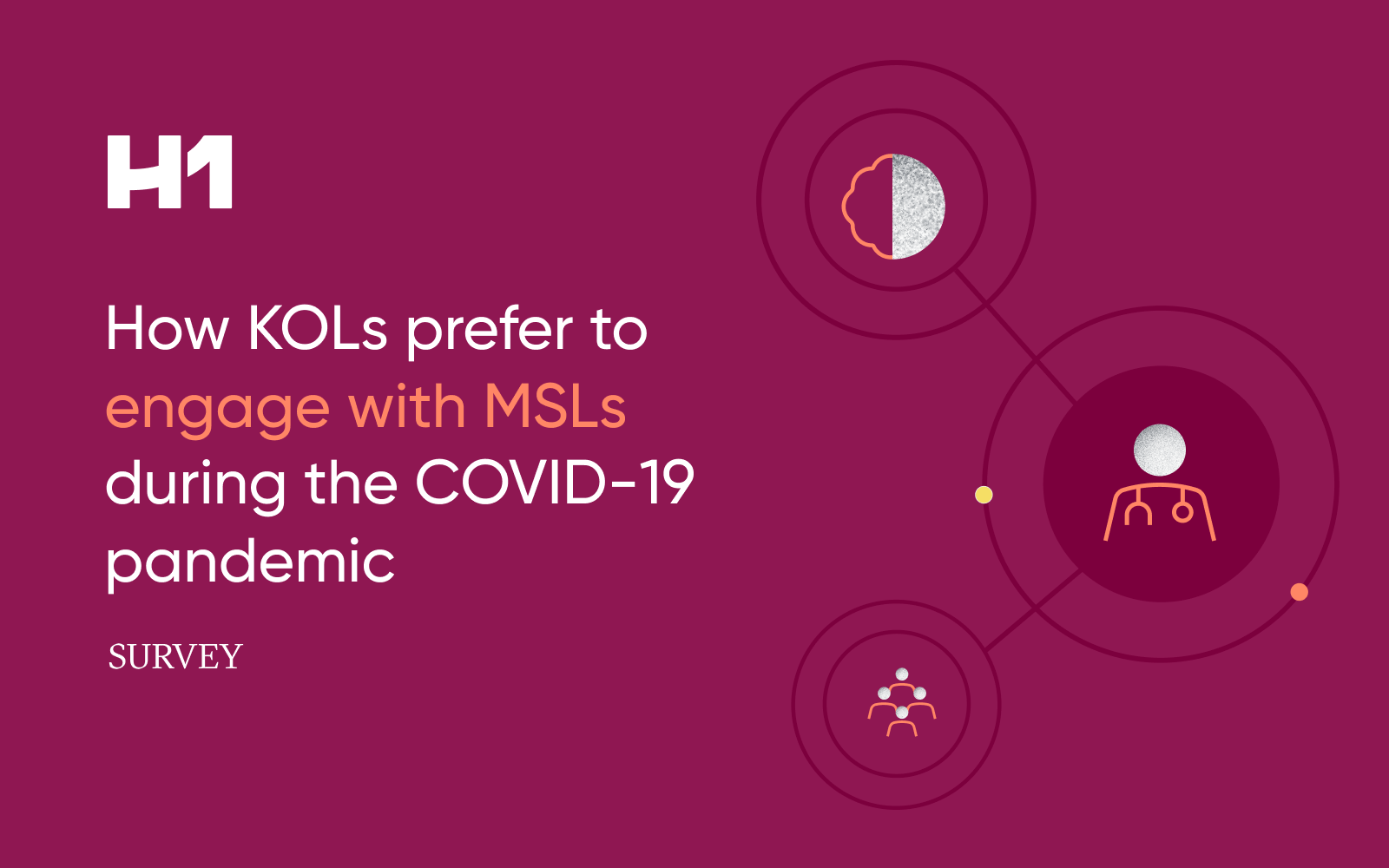
 HCP Universe
HCP Universe Trial Landscape
Trial Landscape